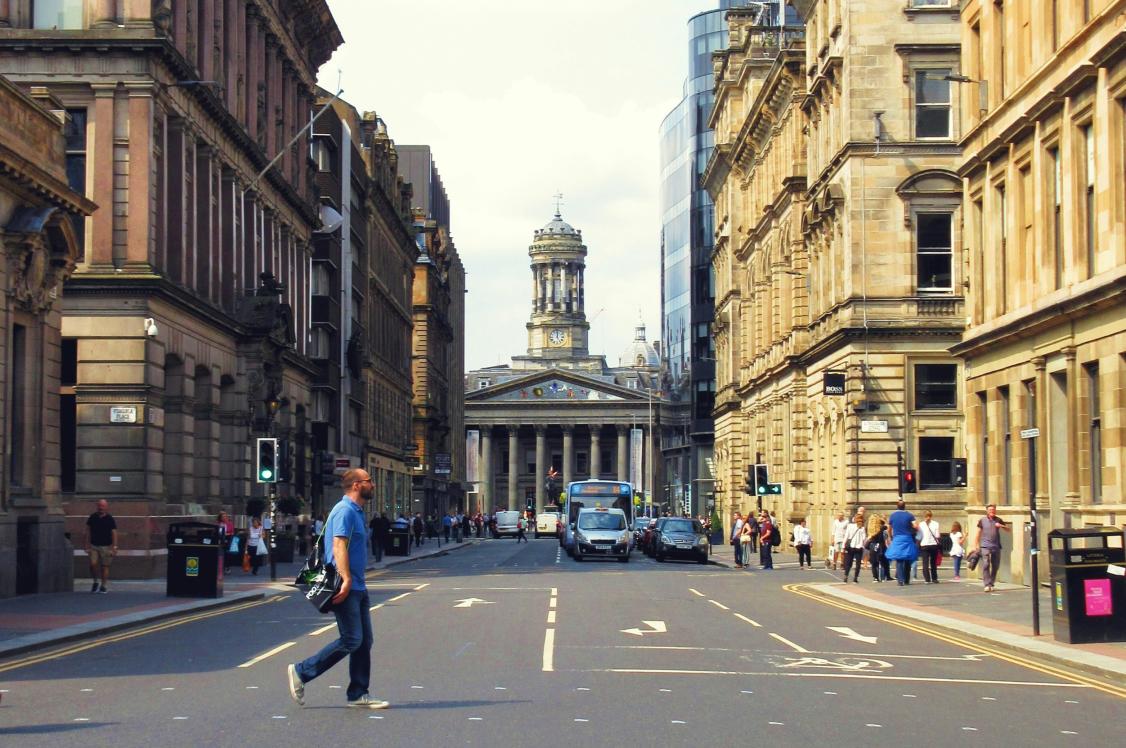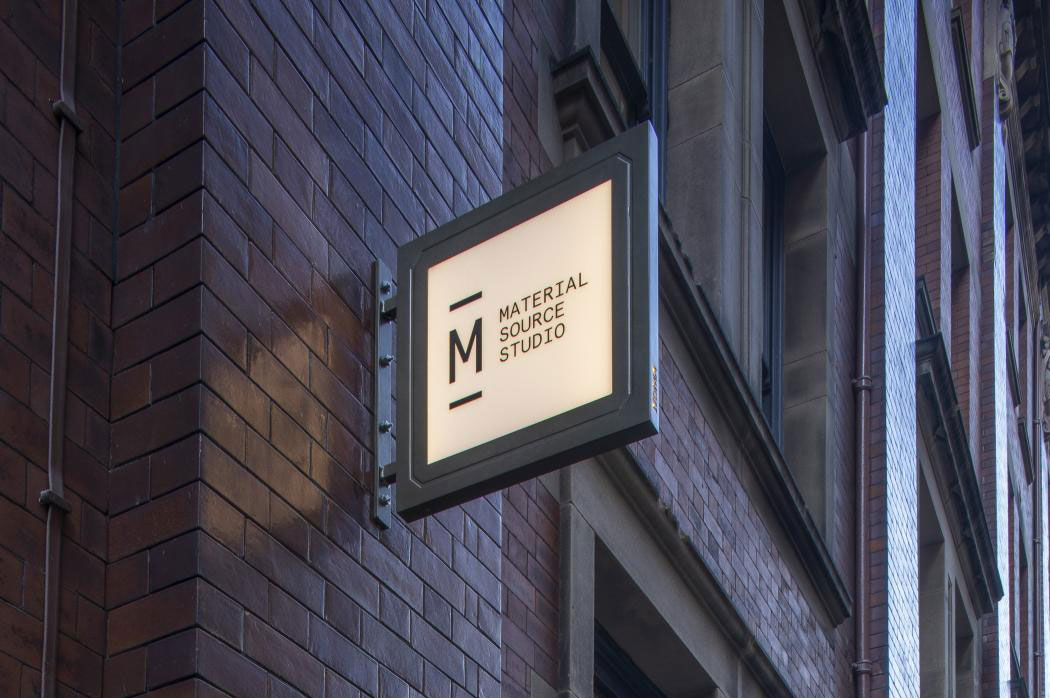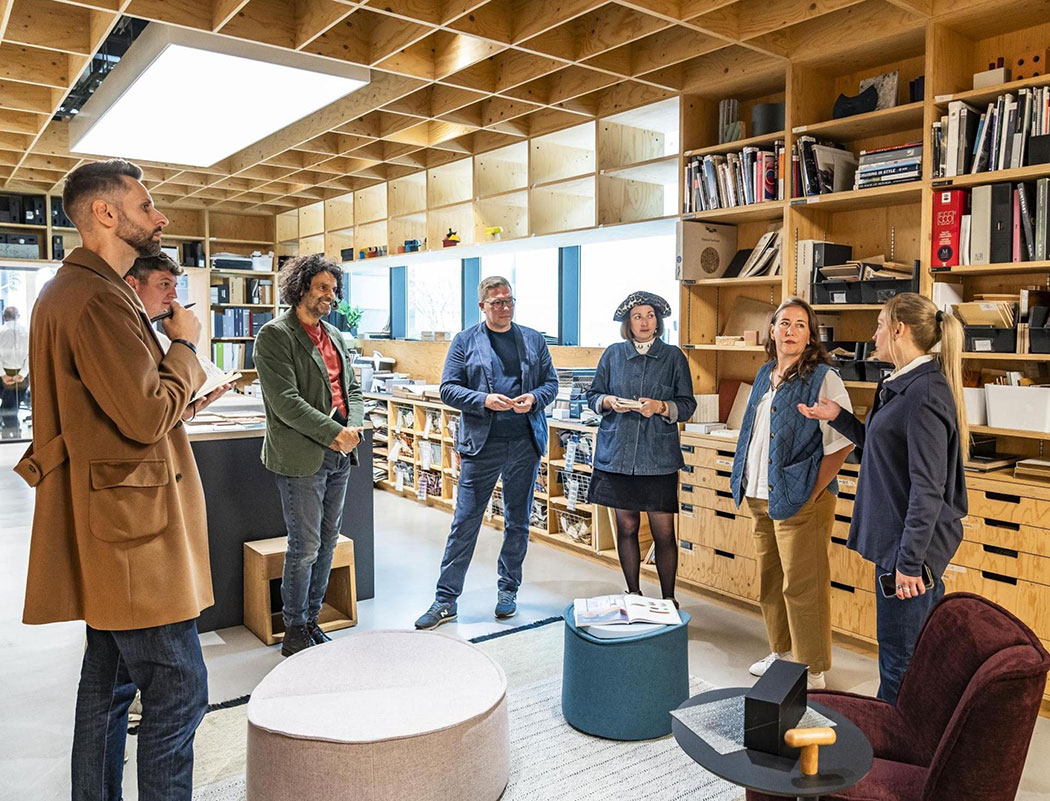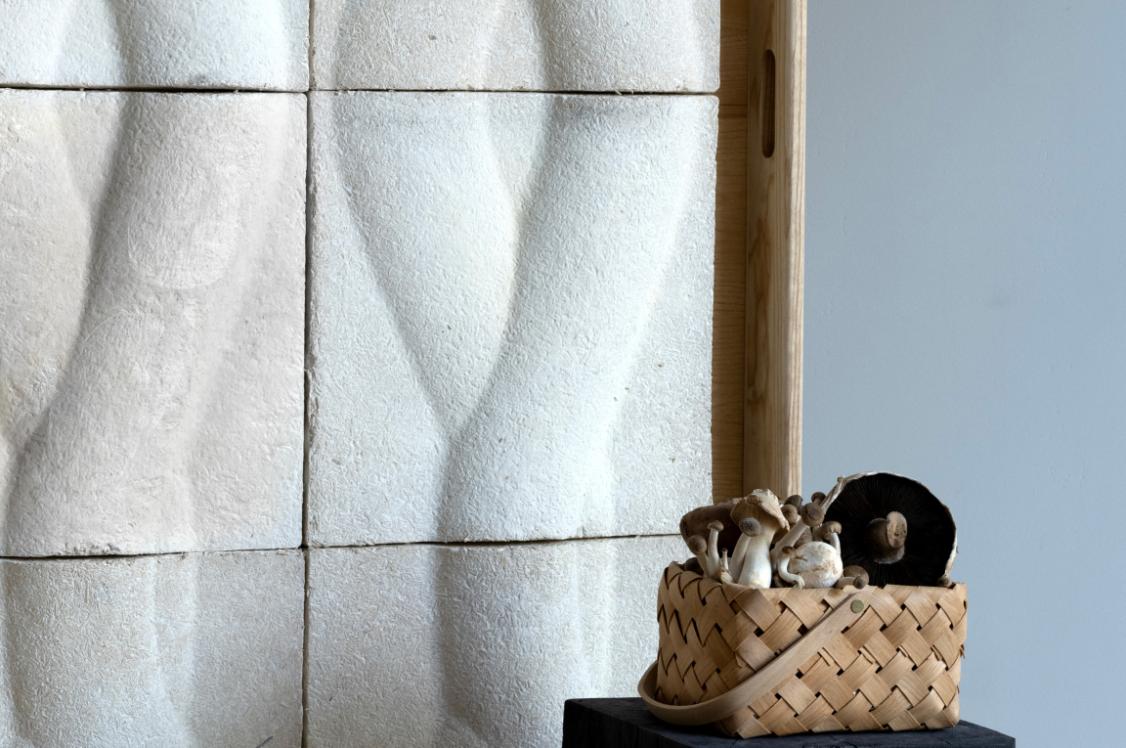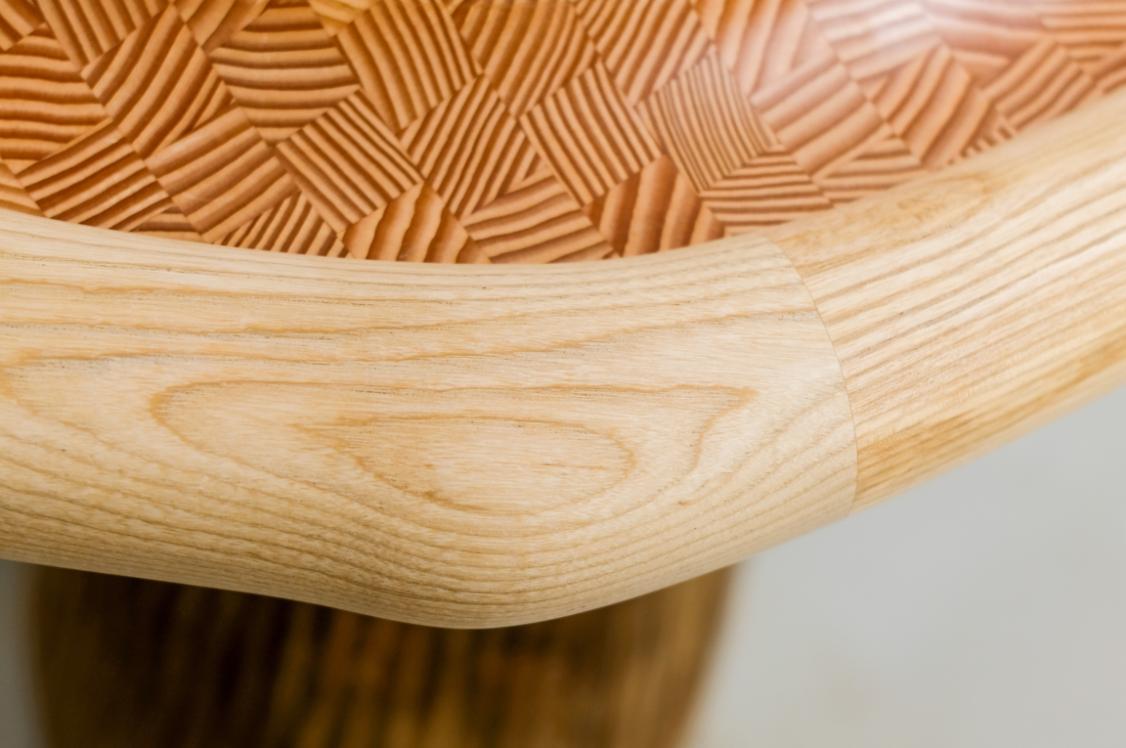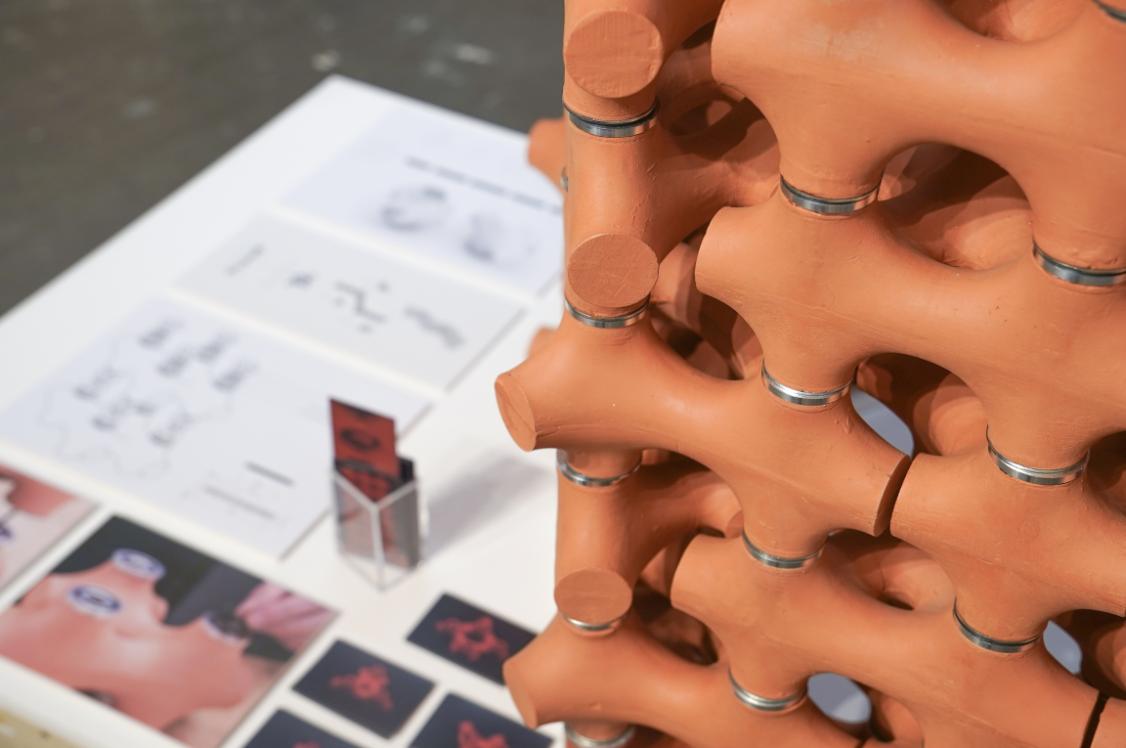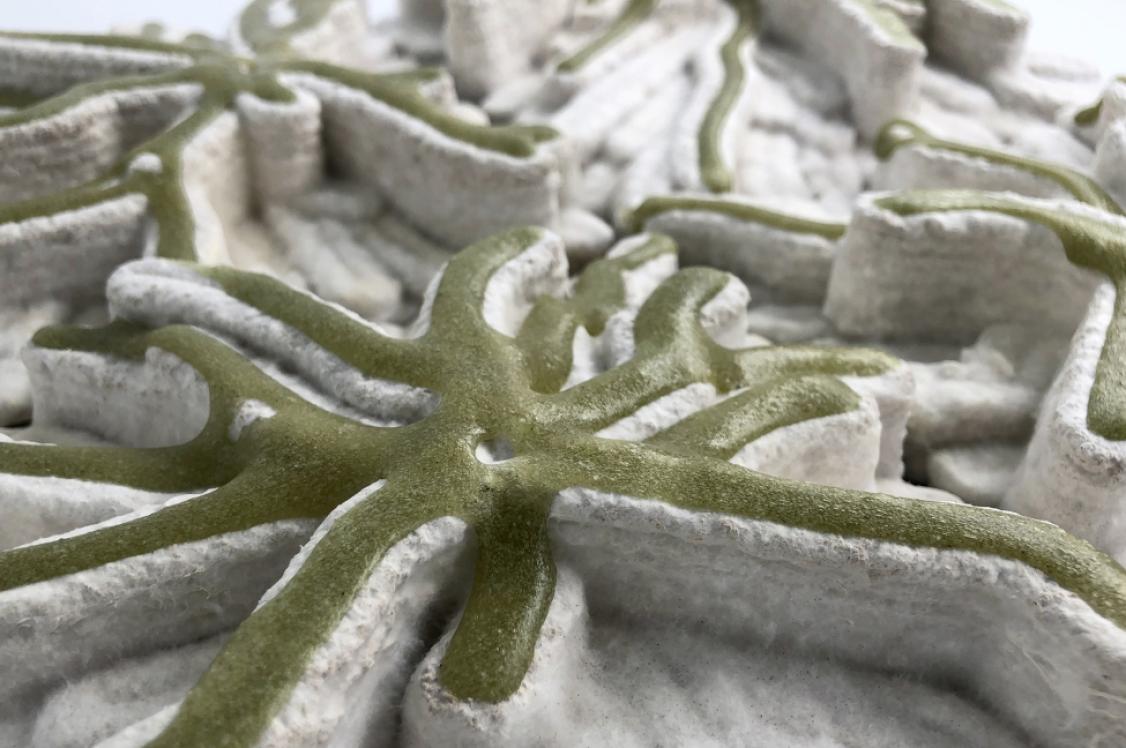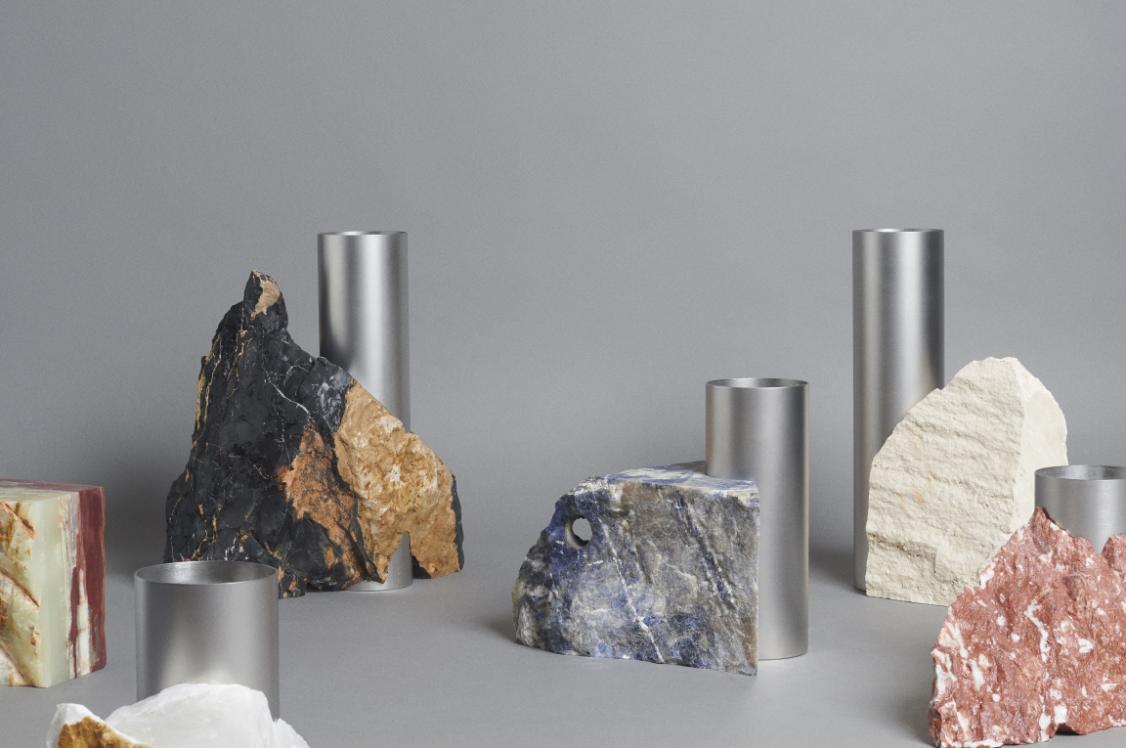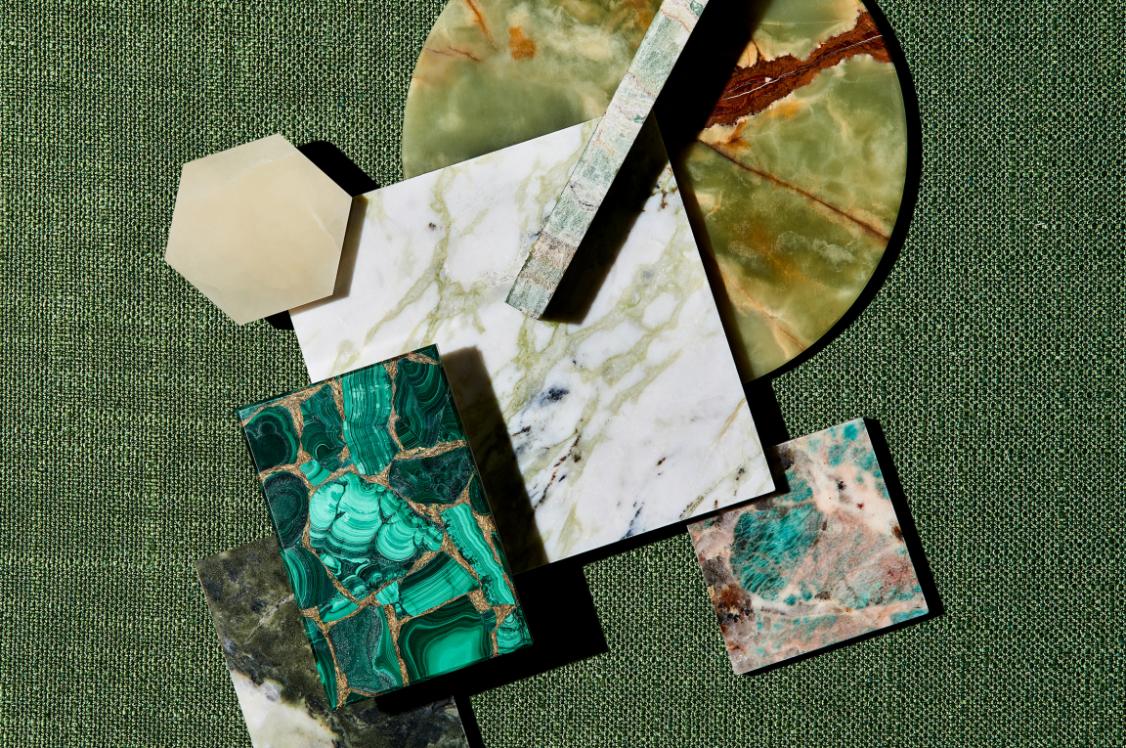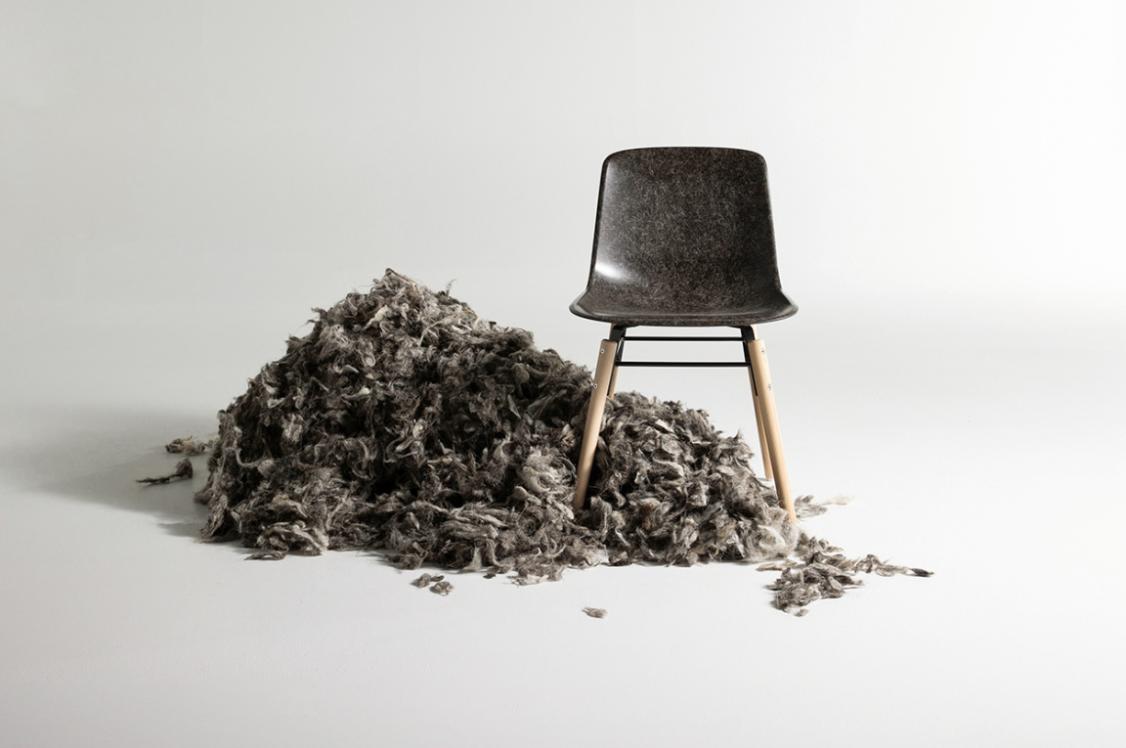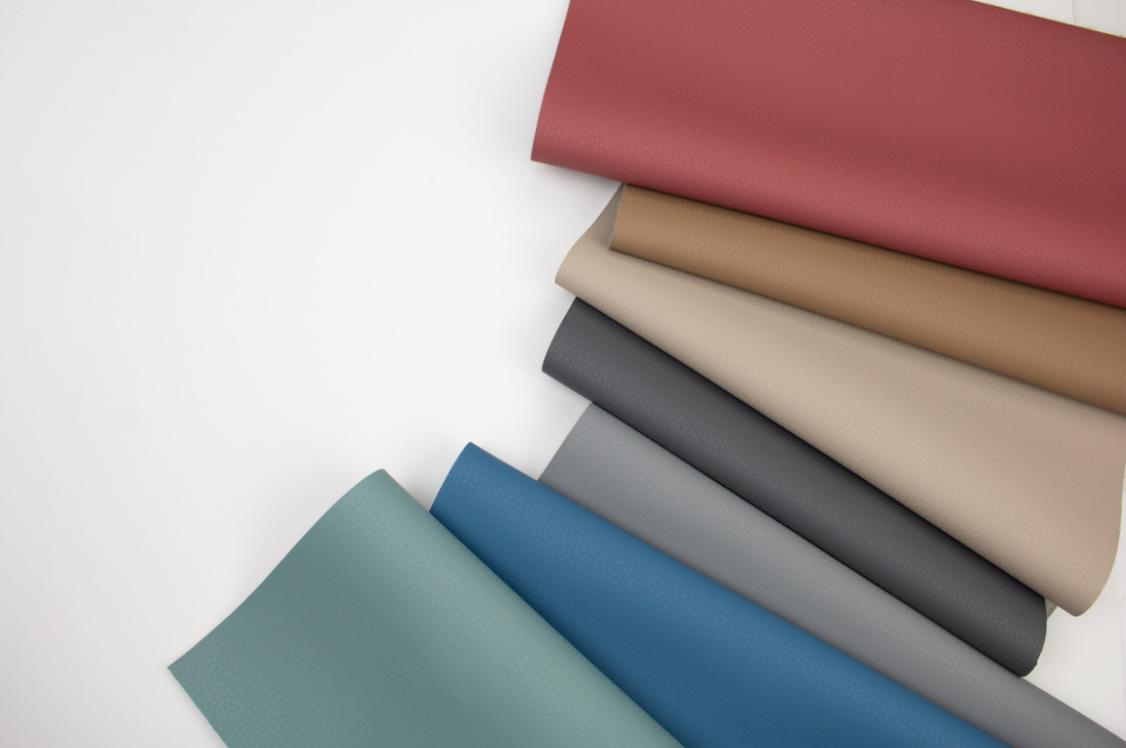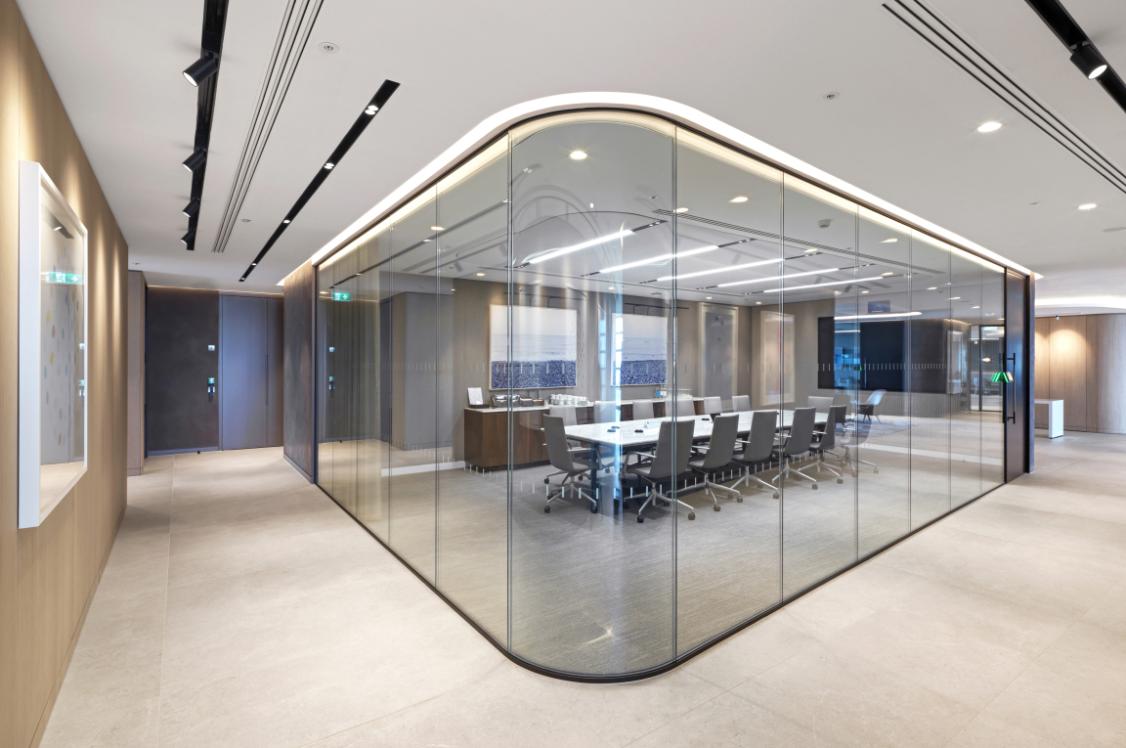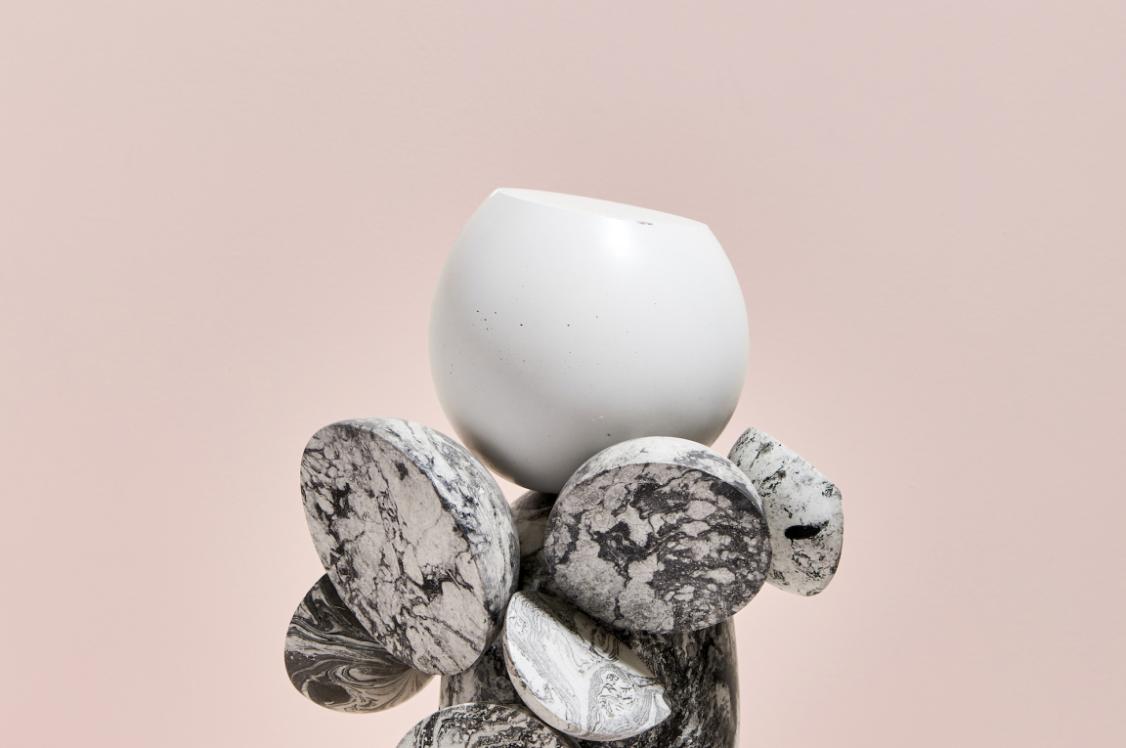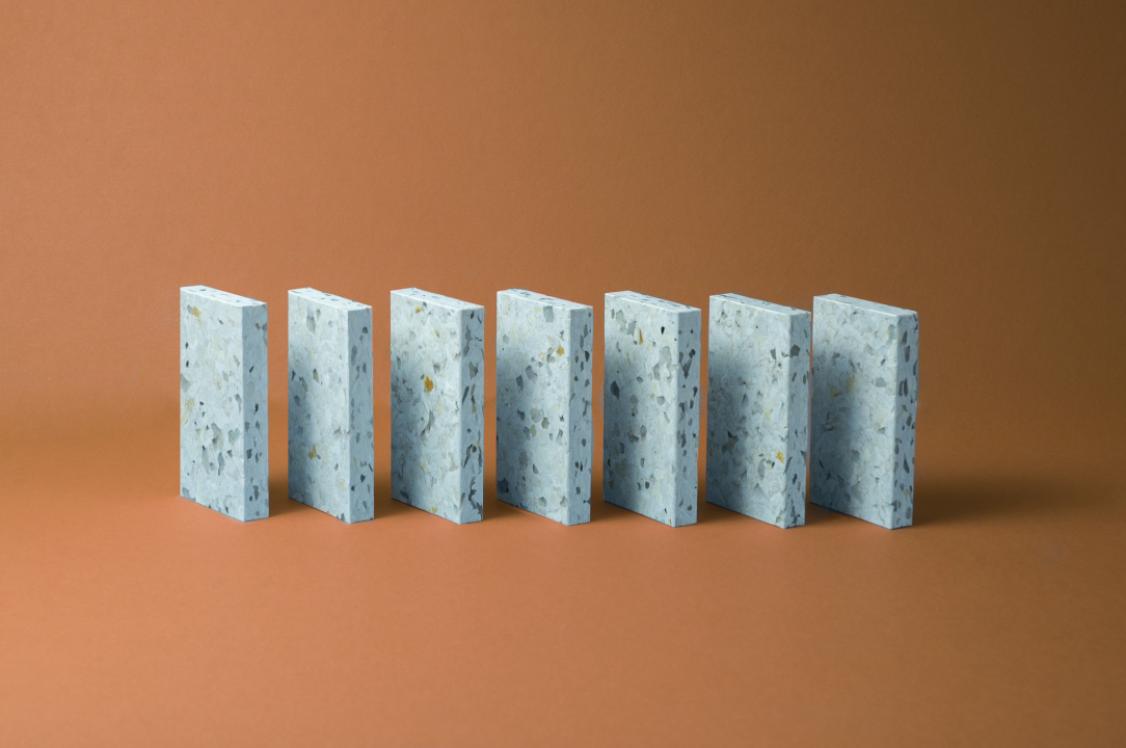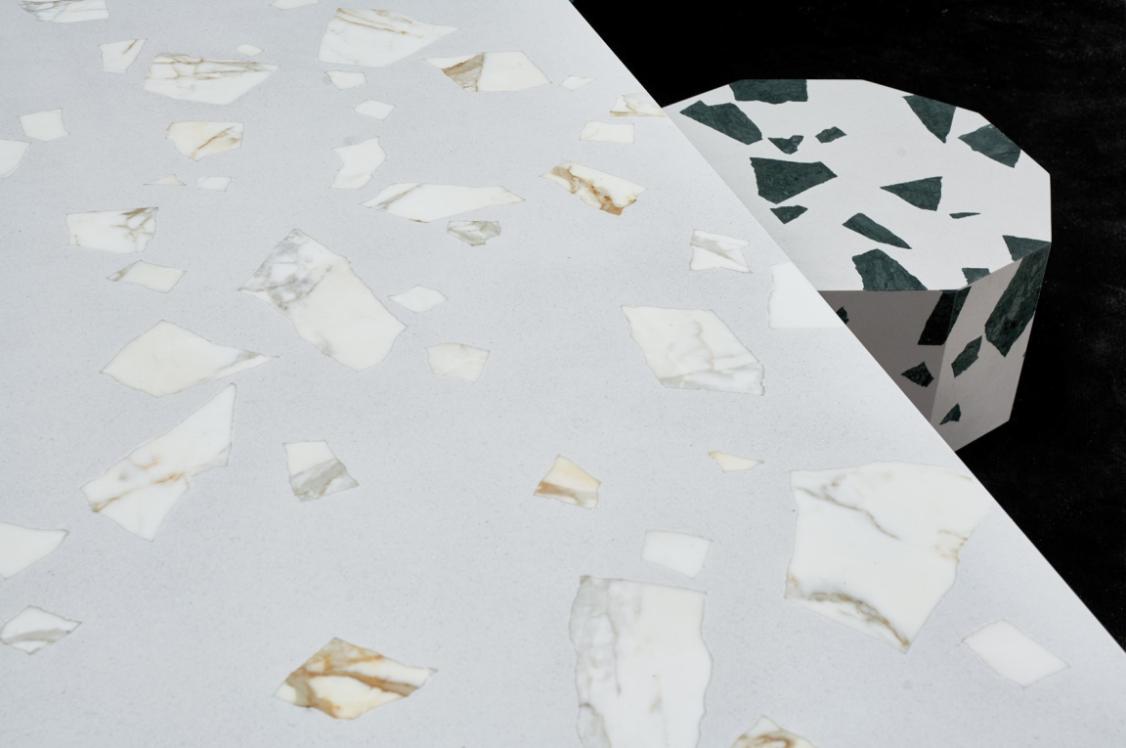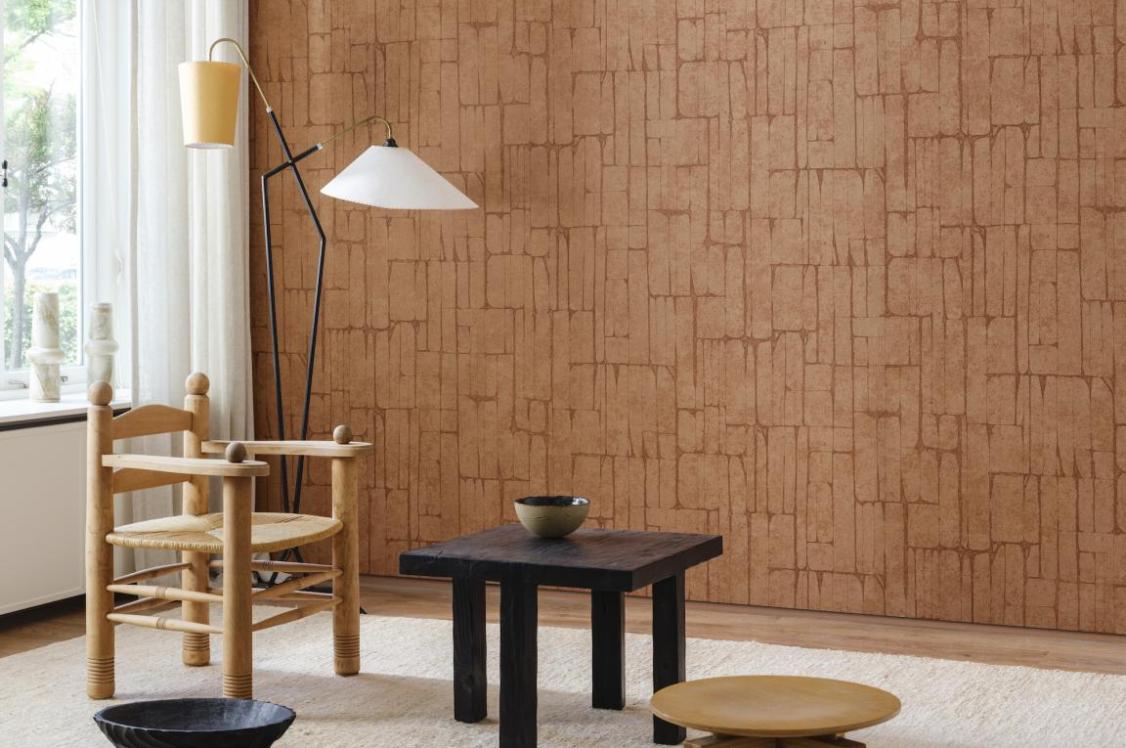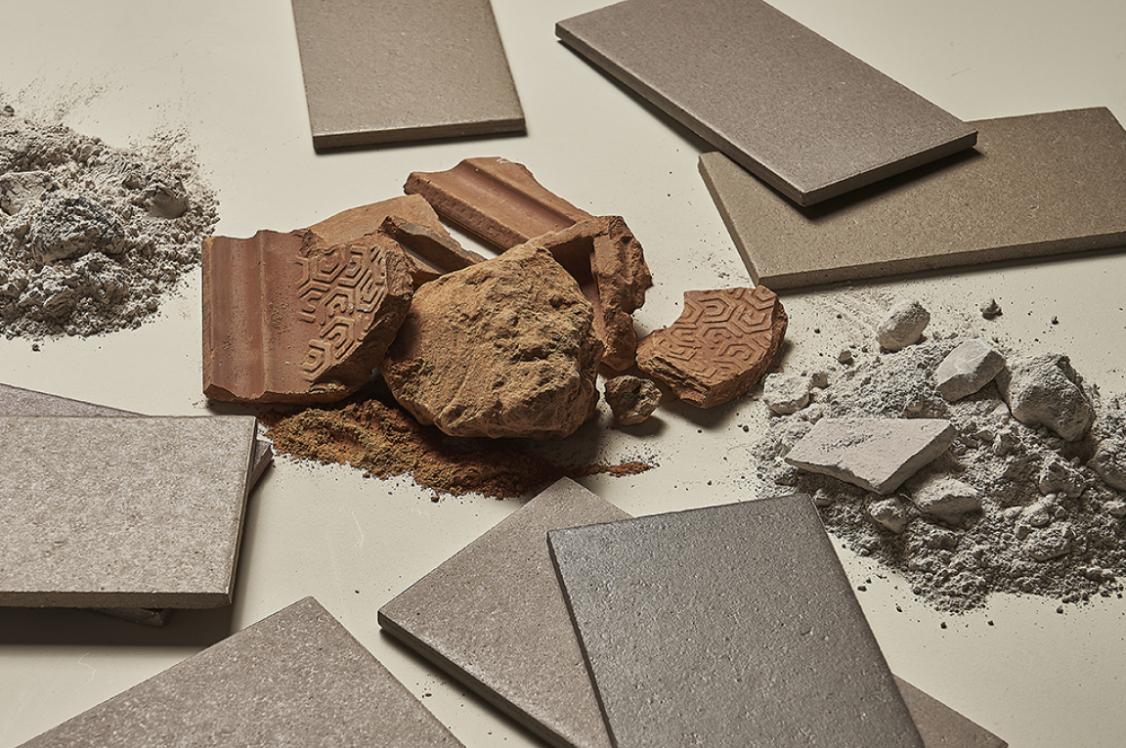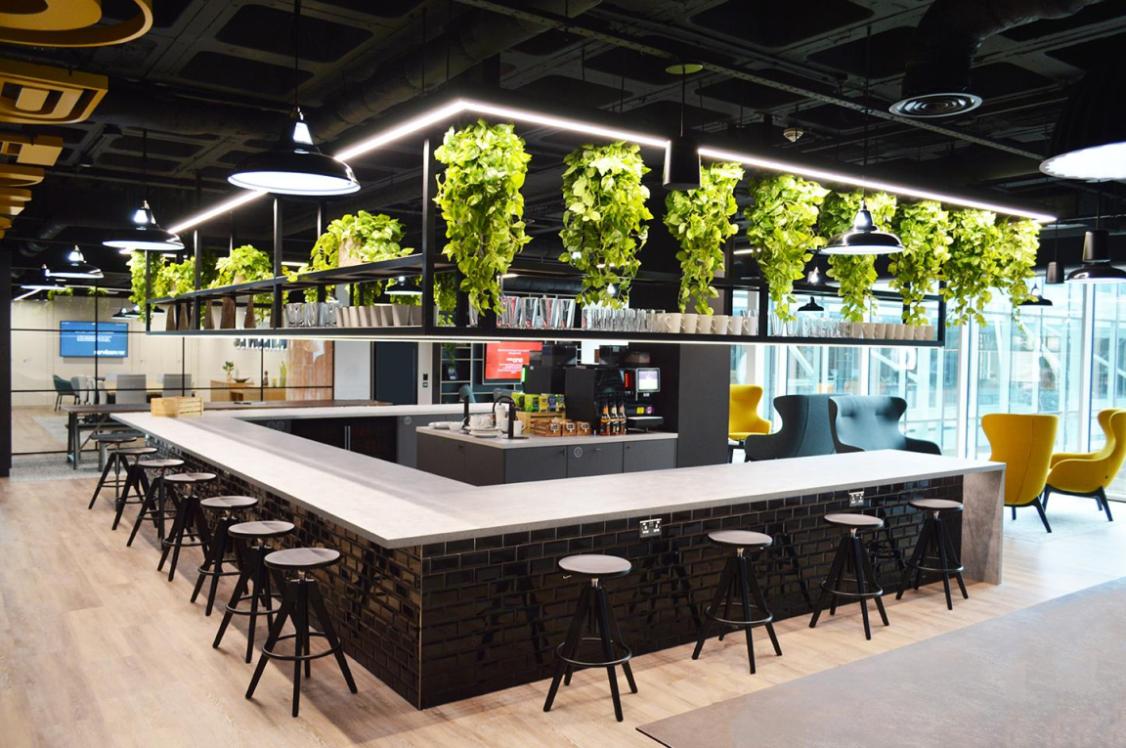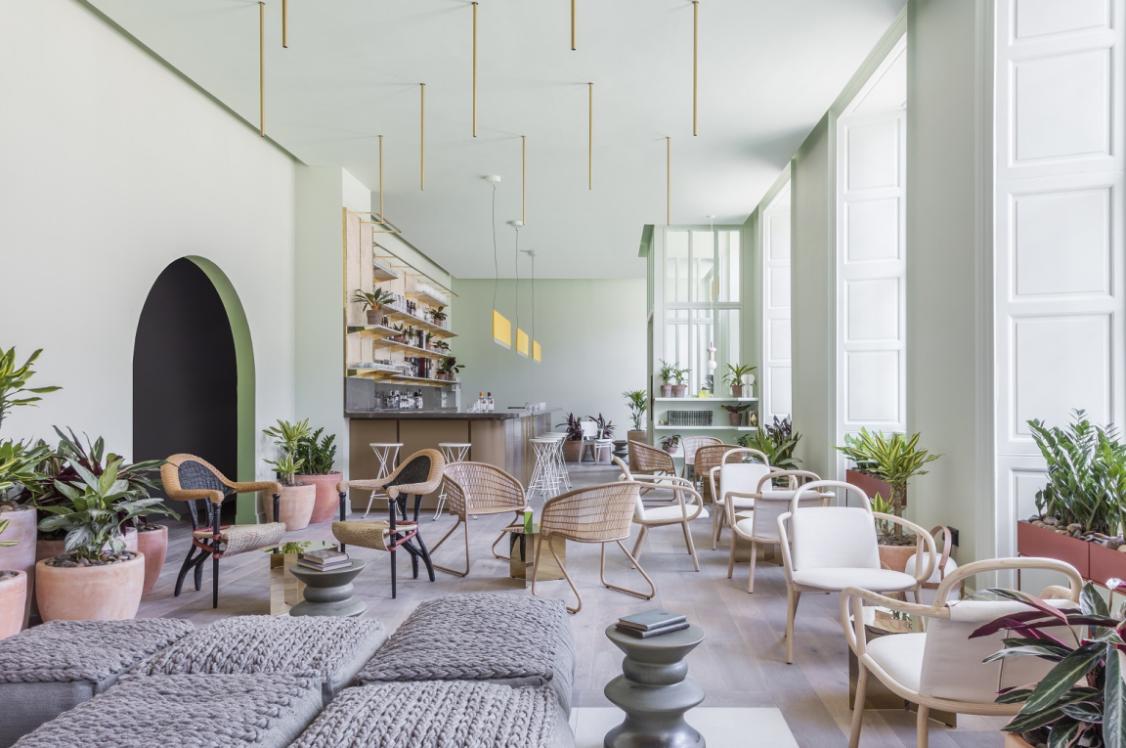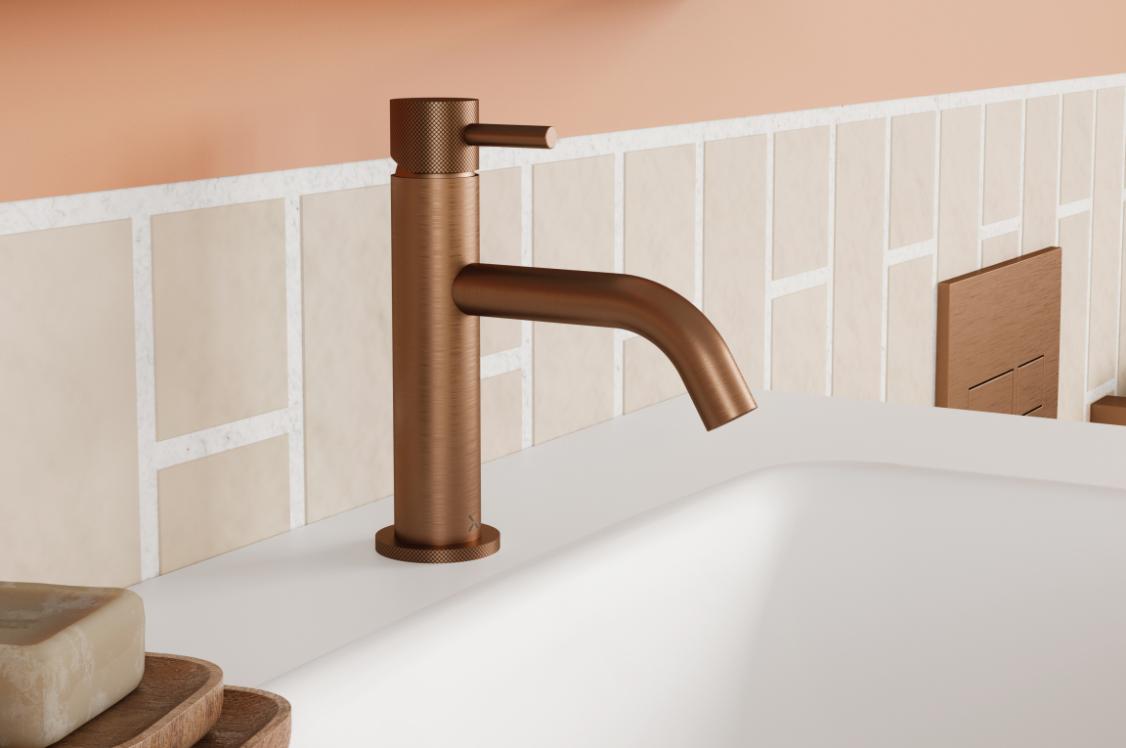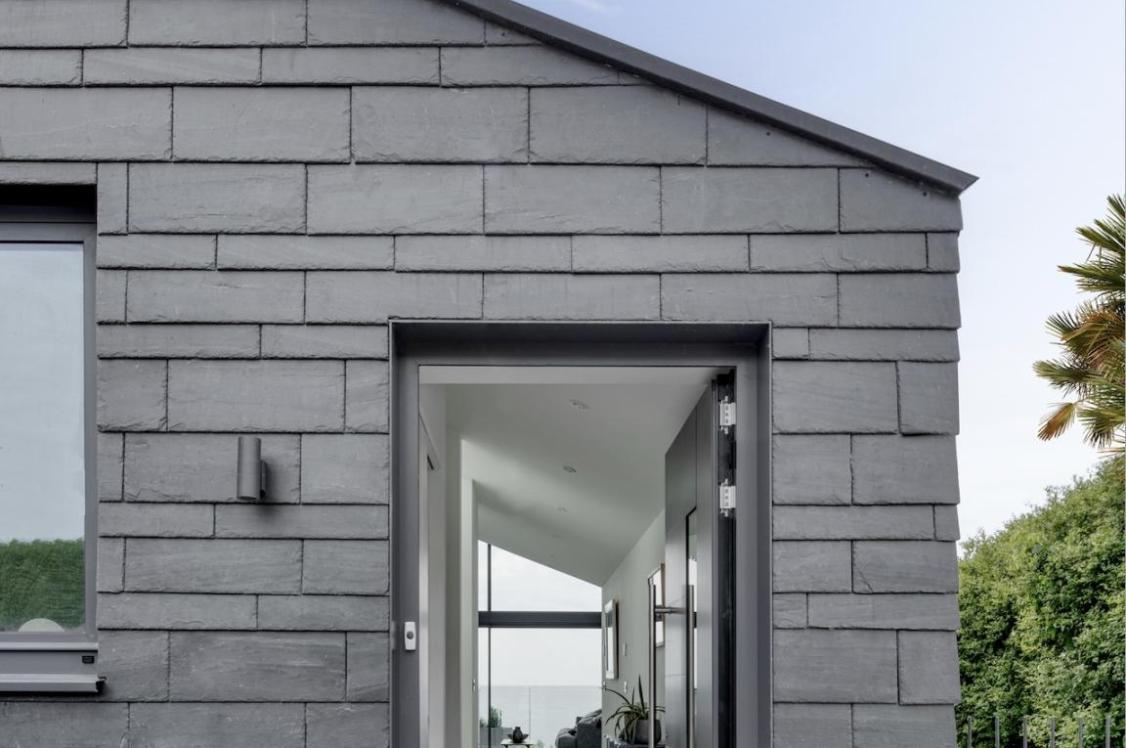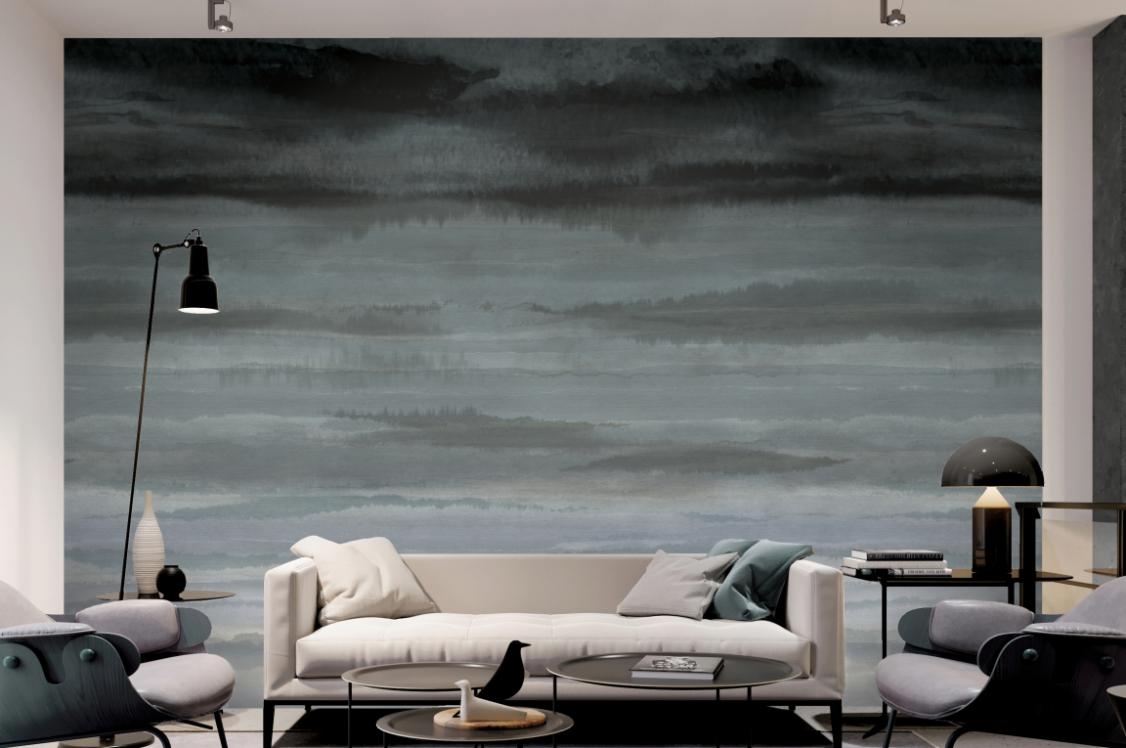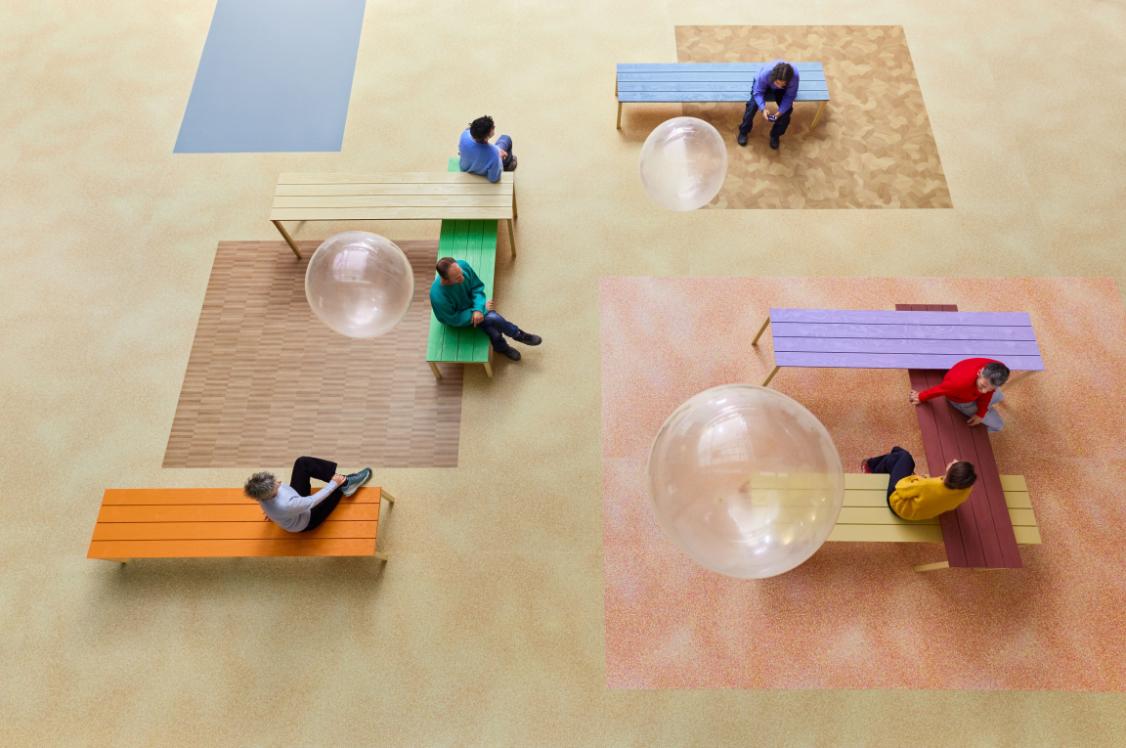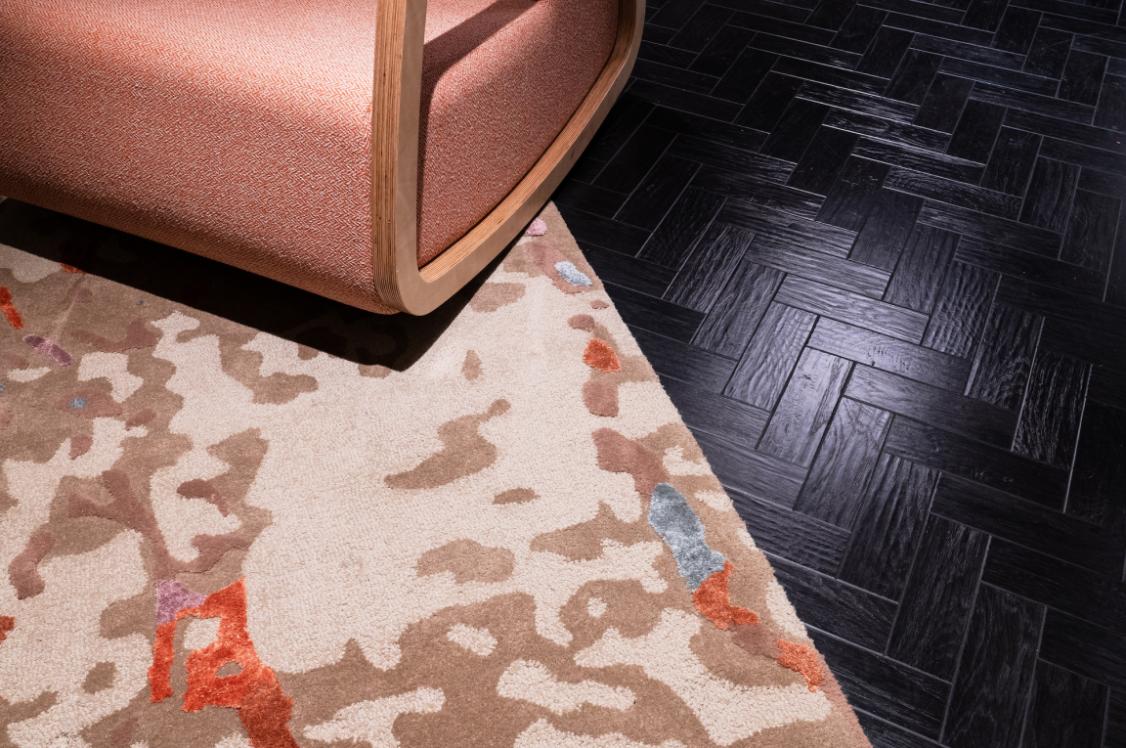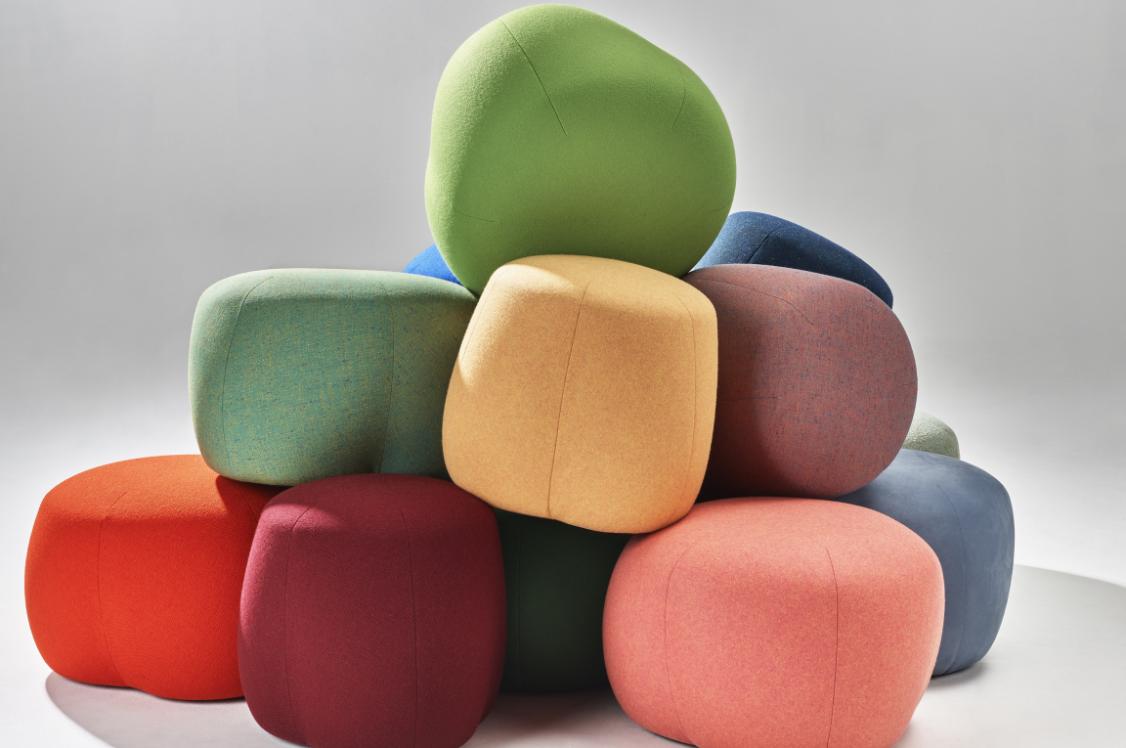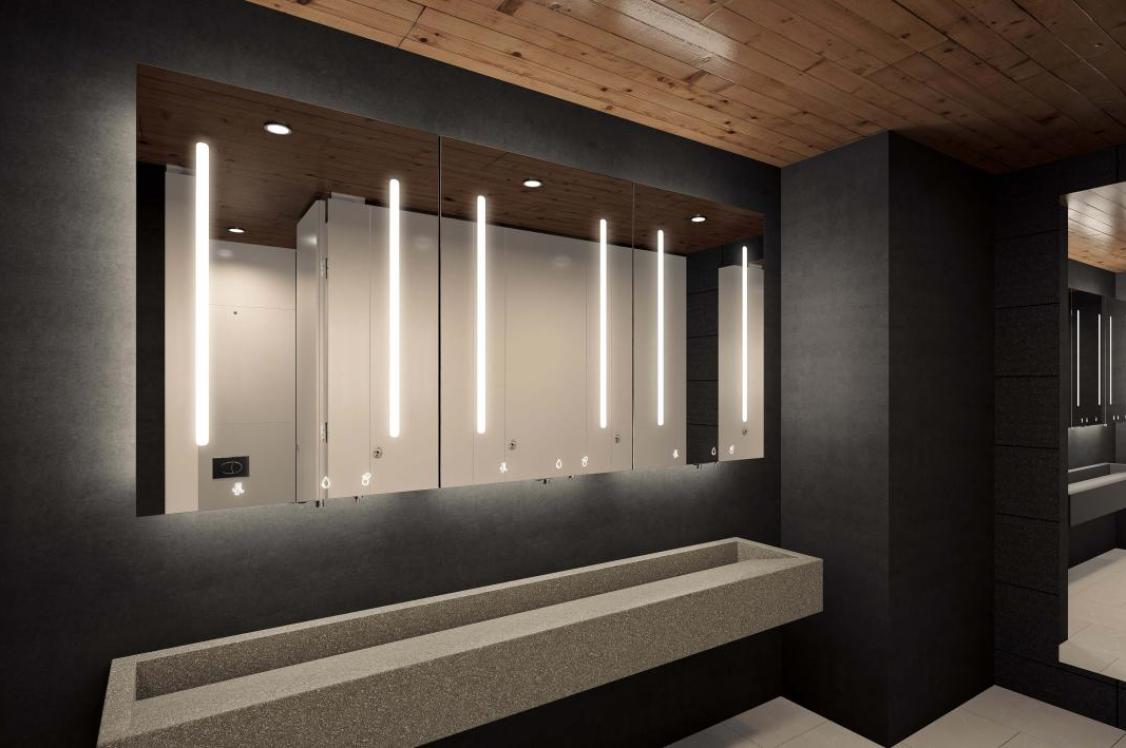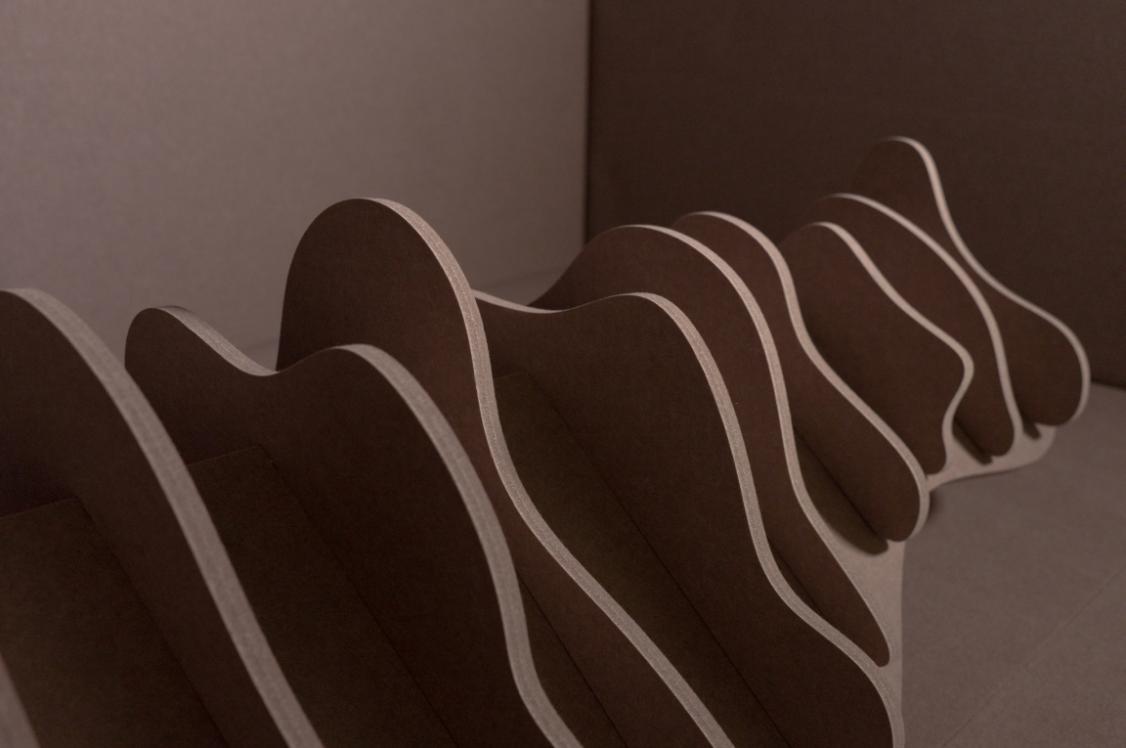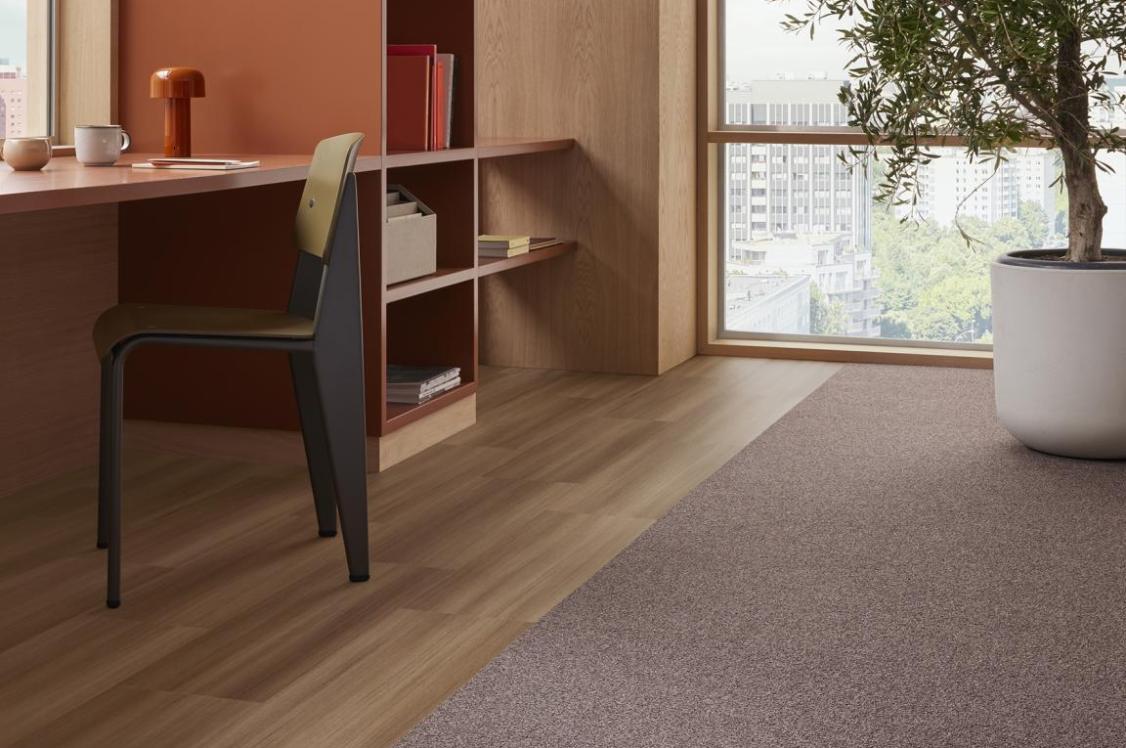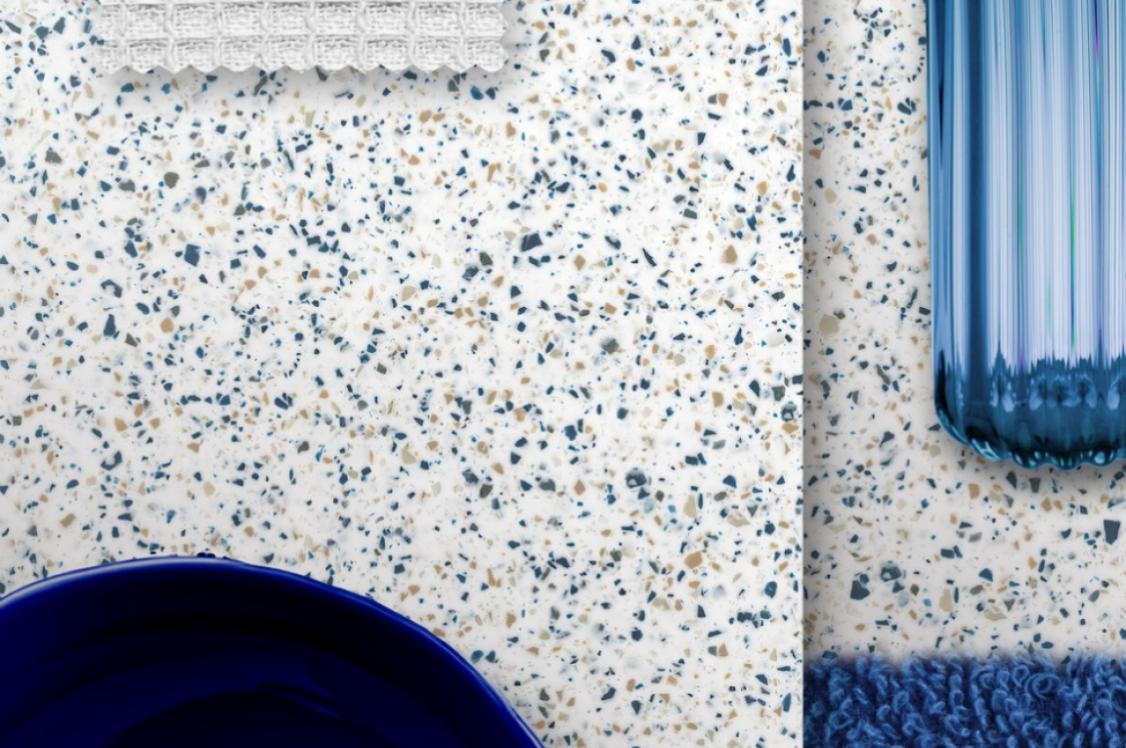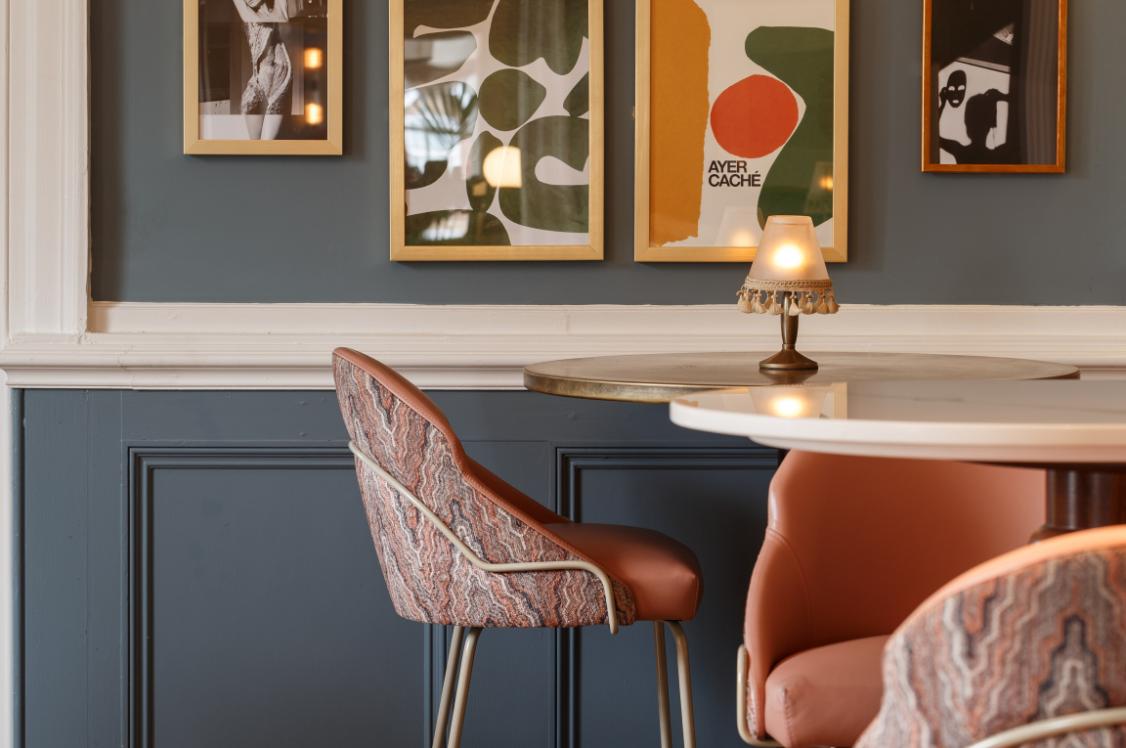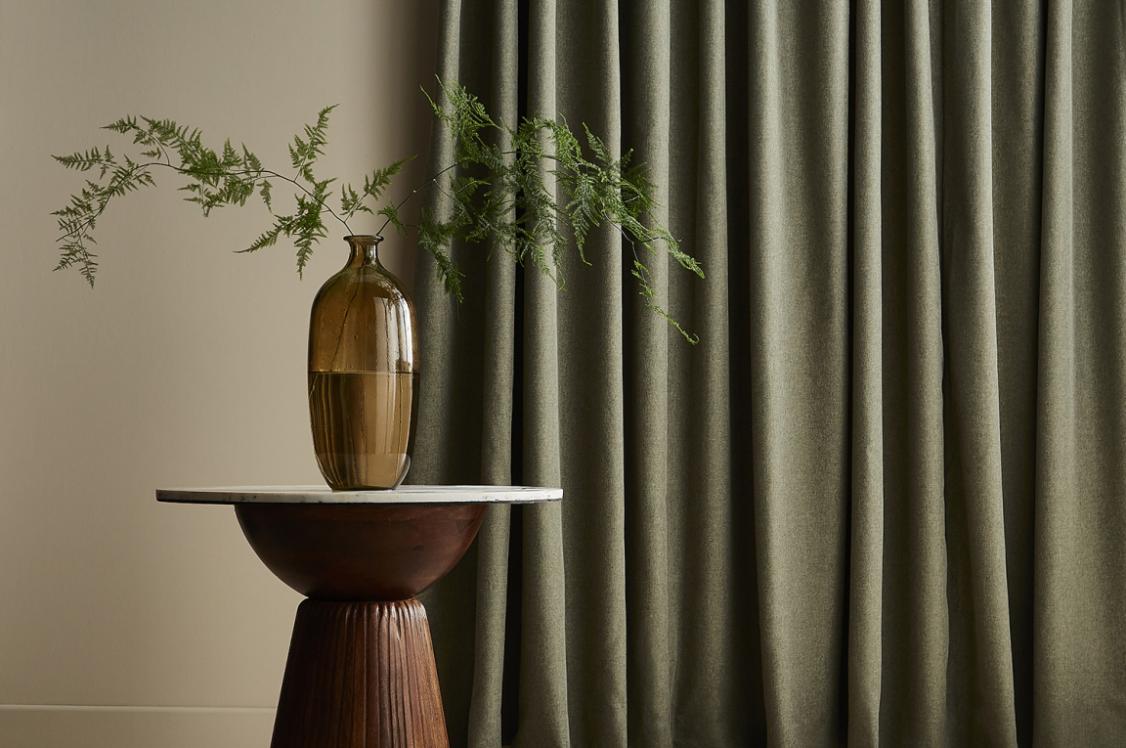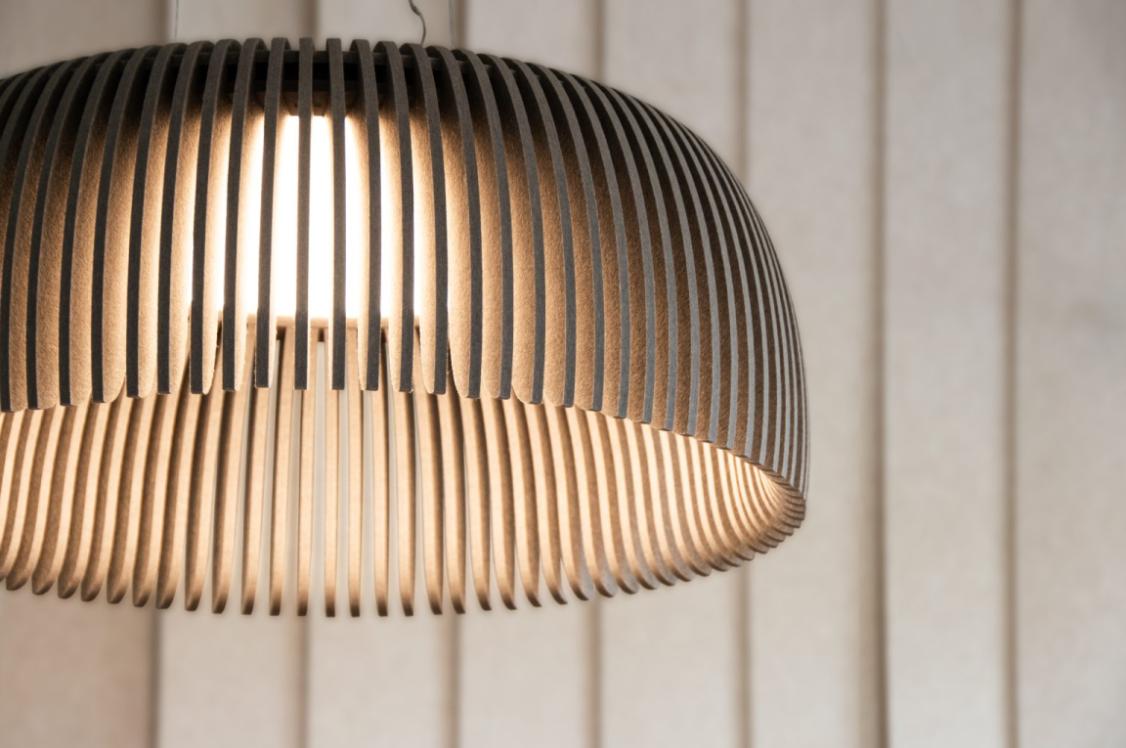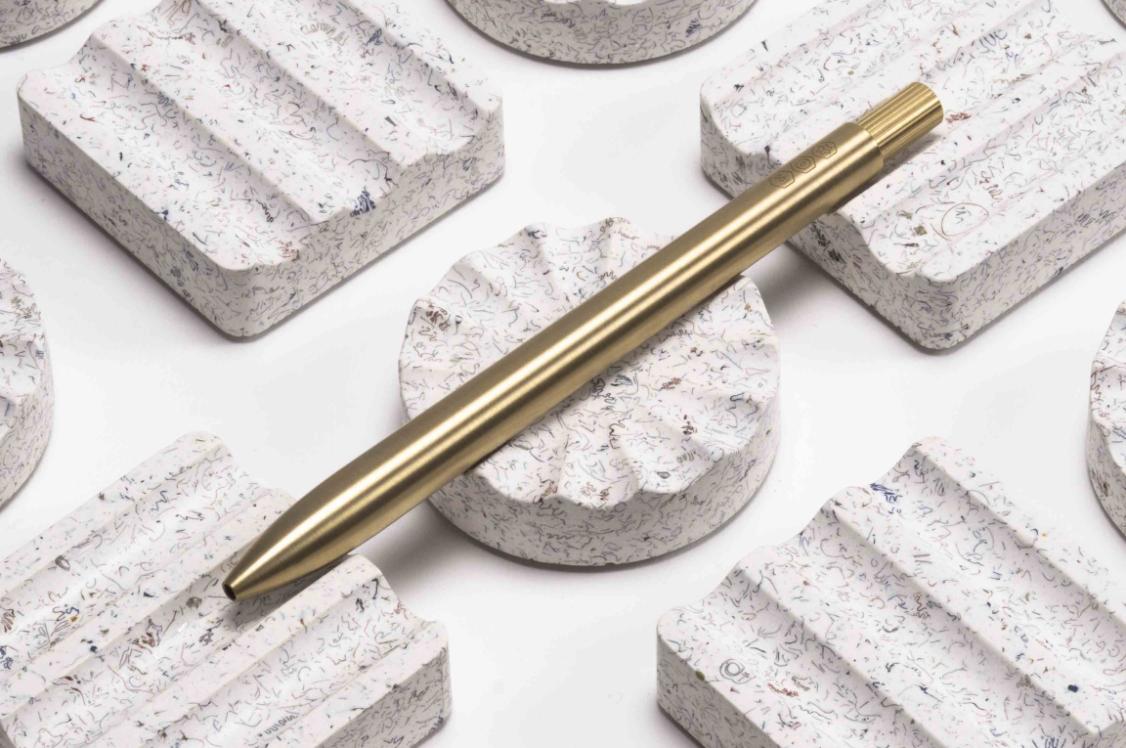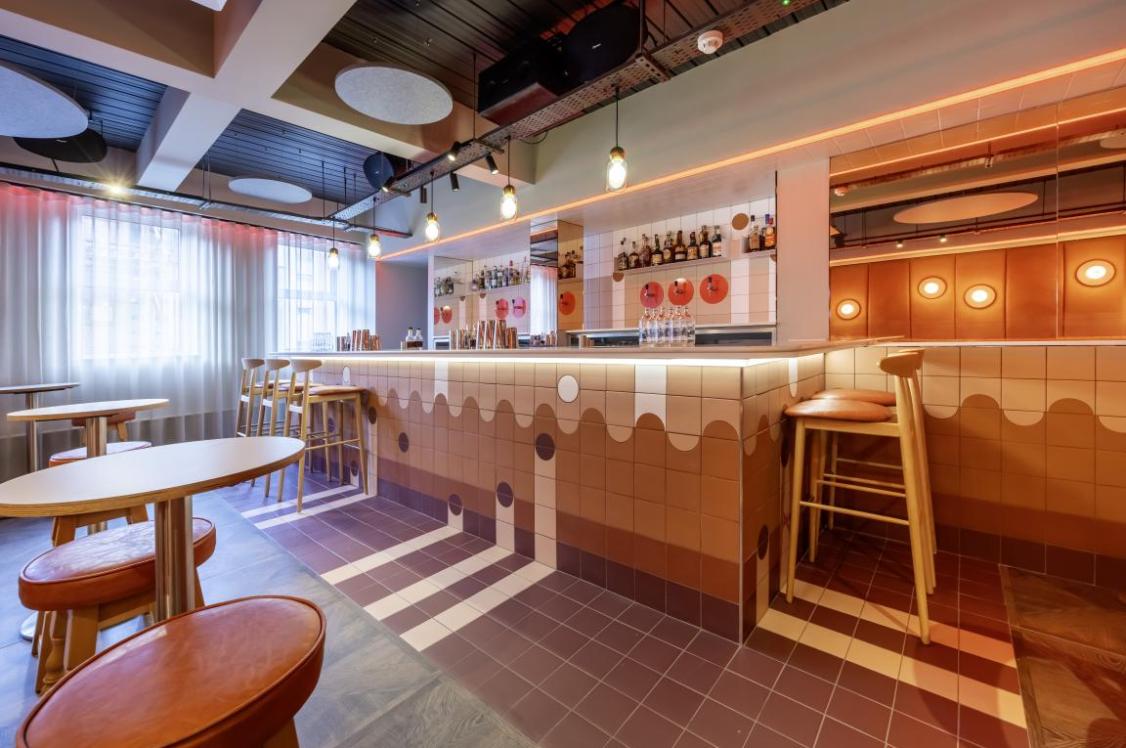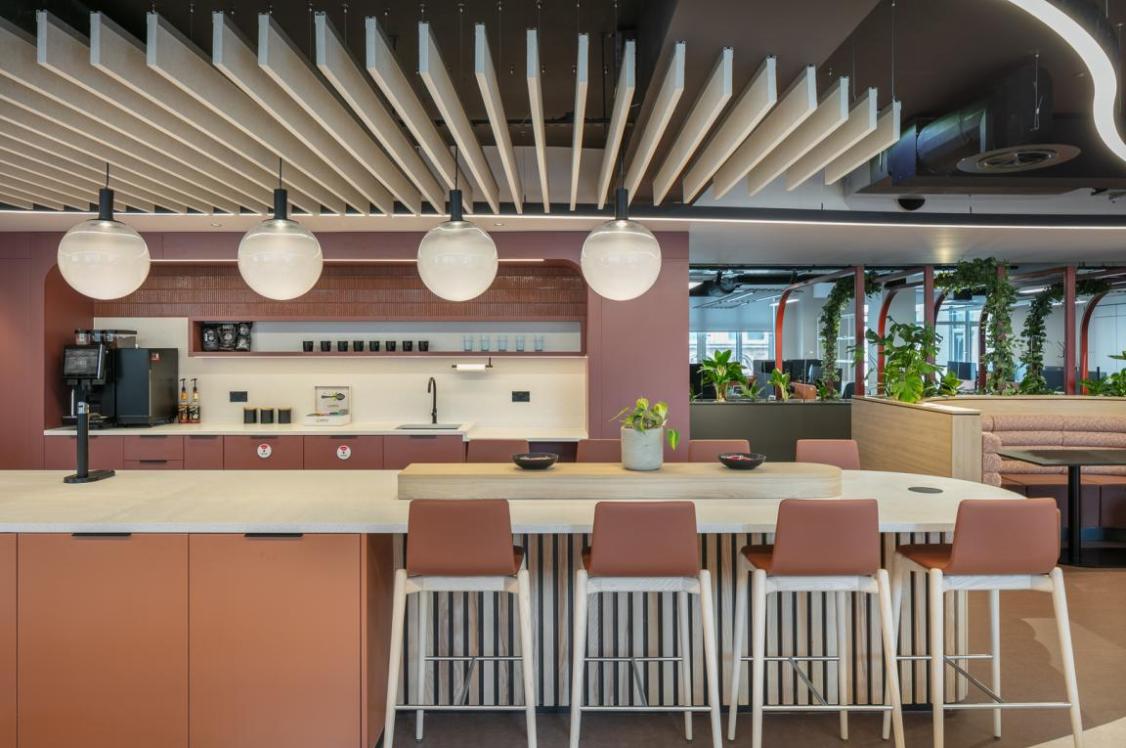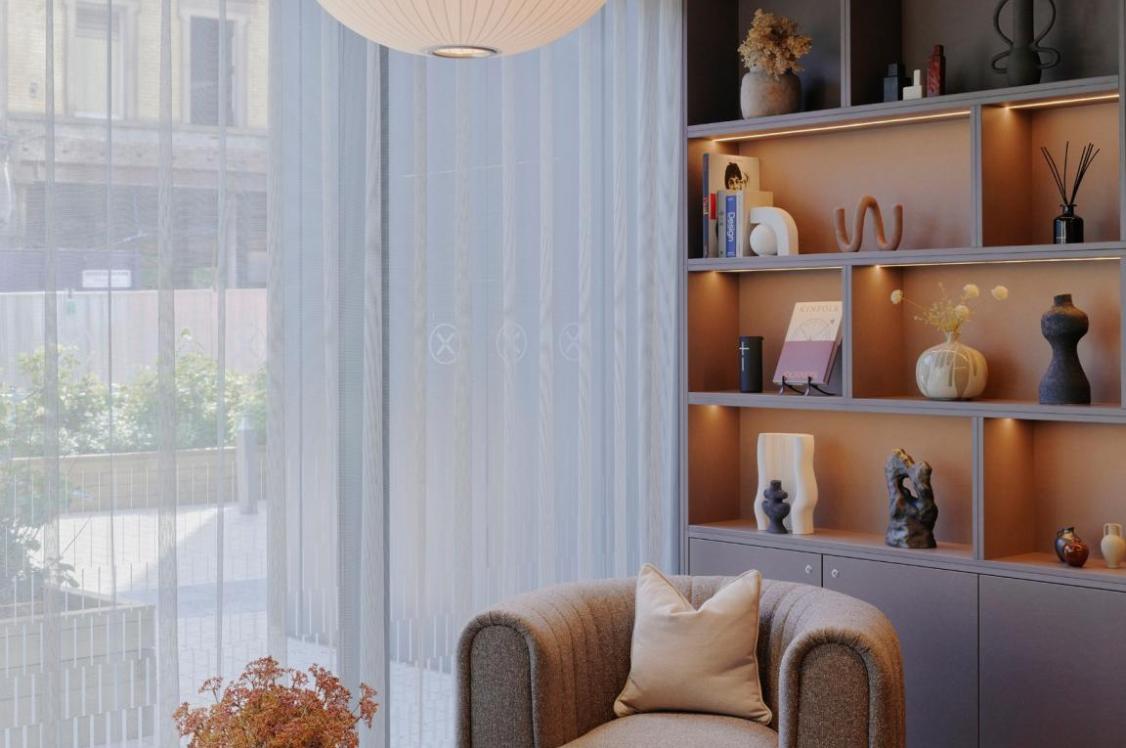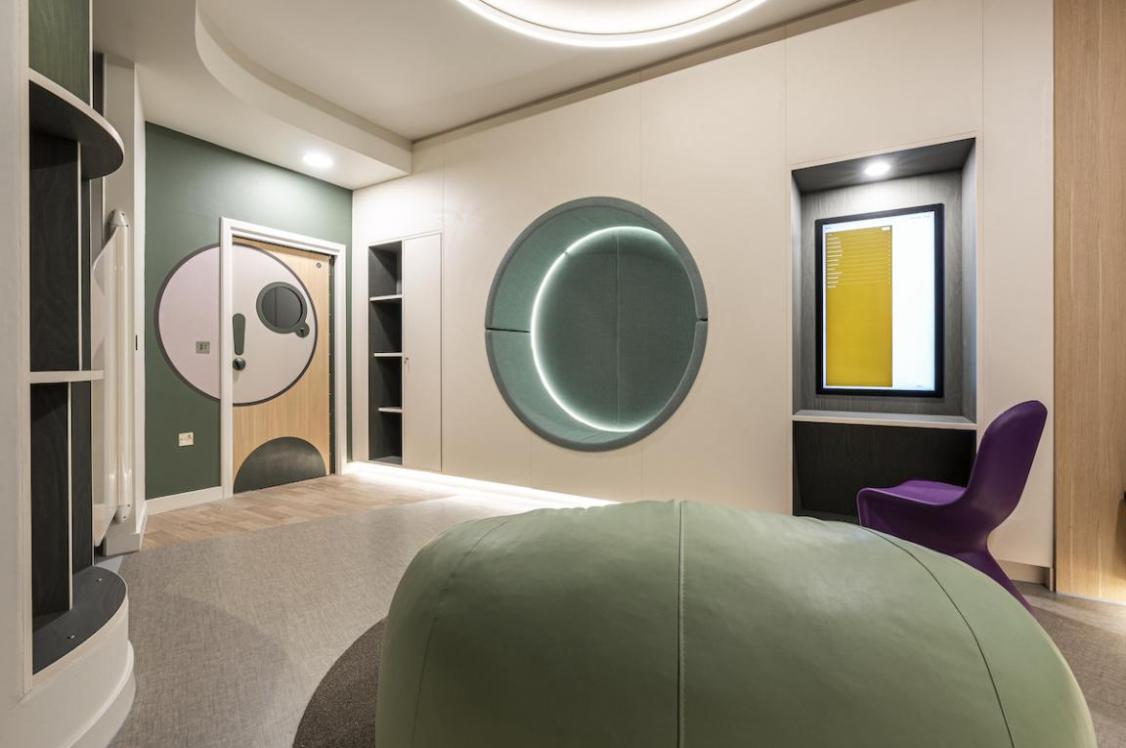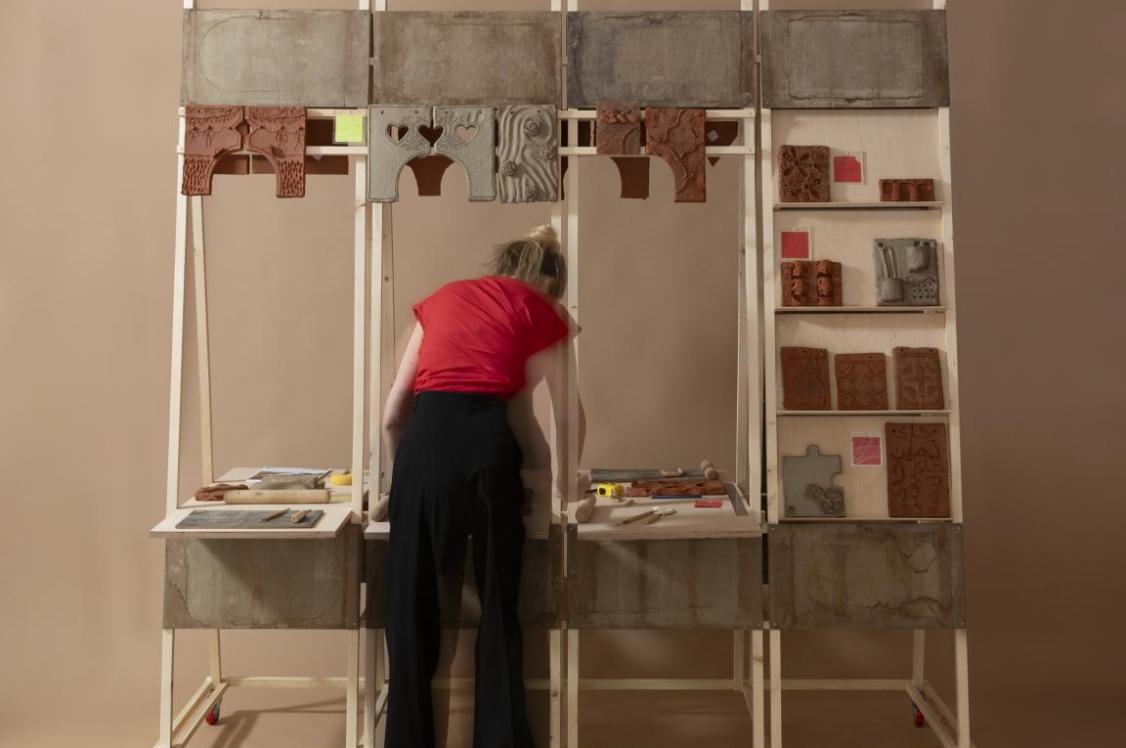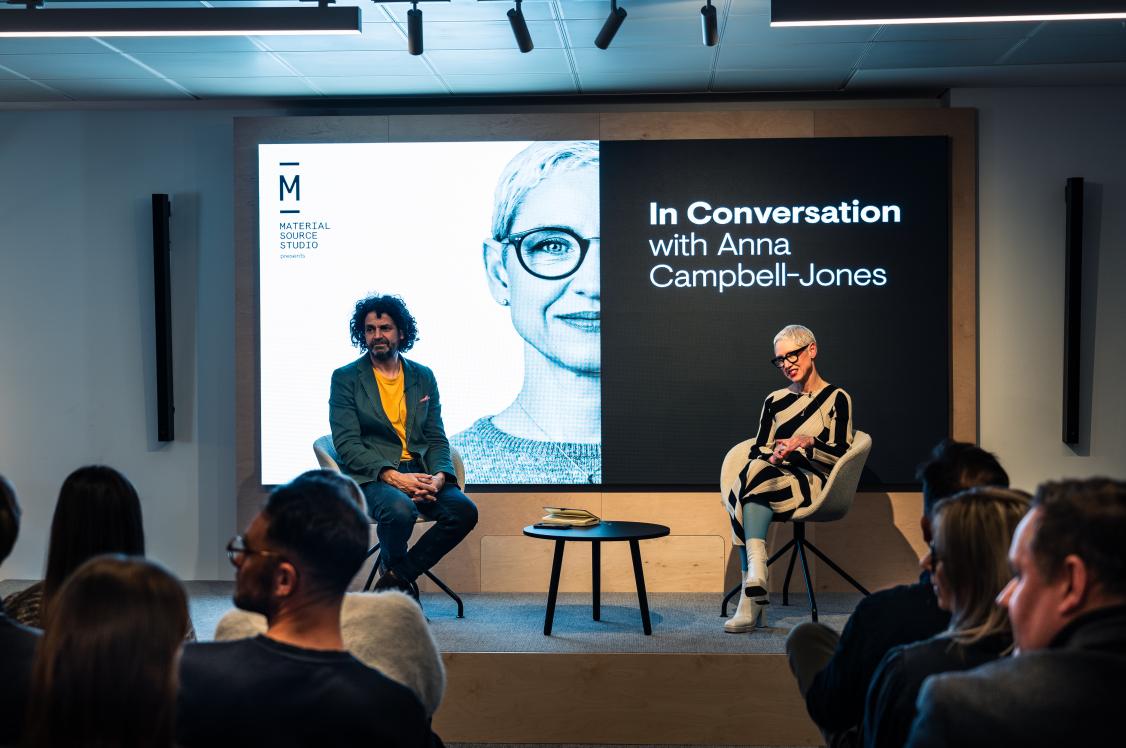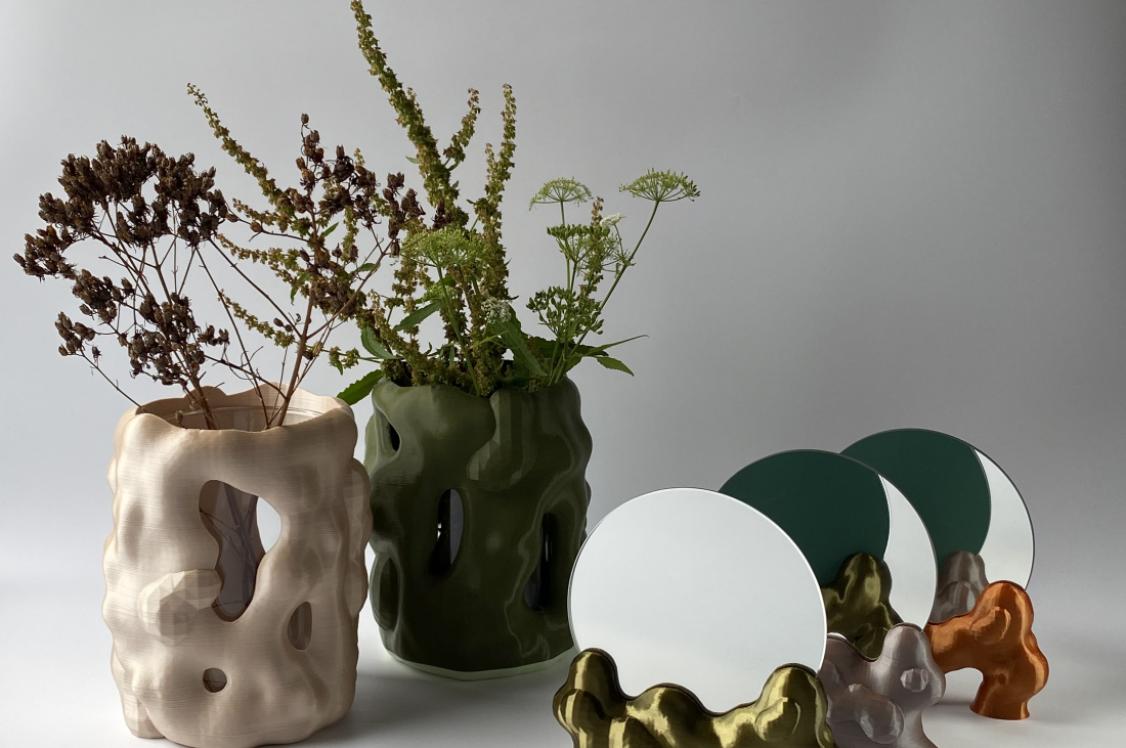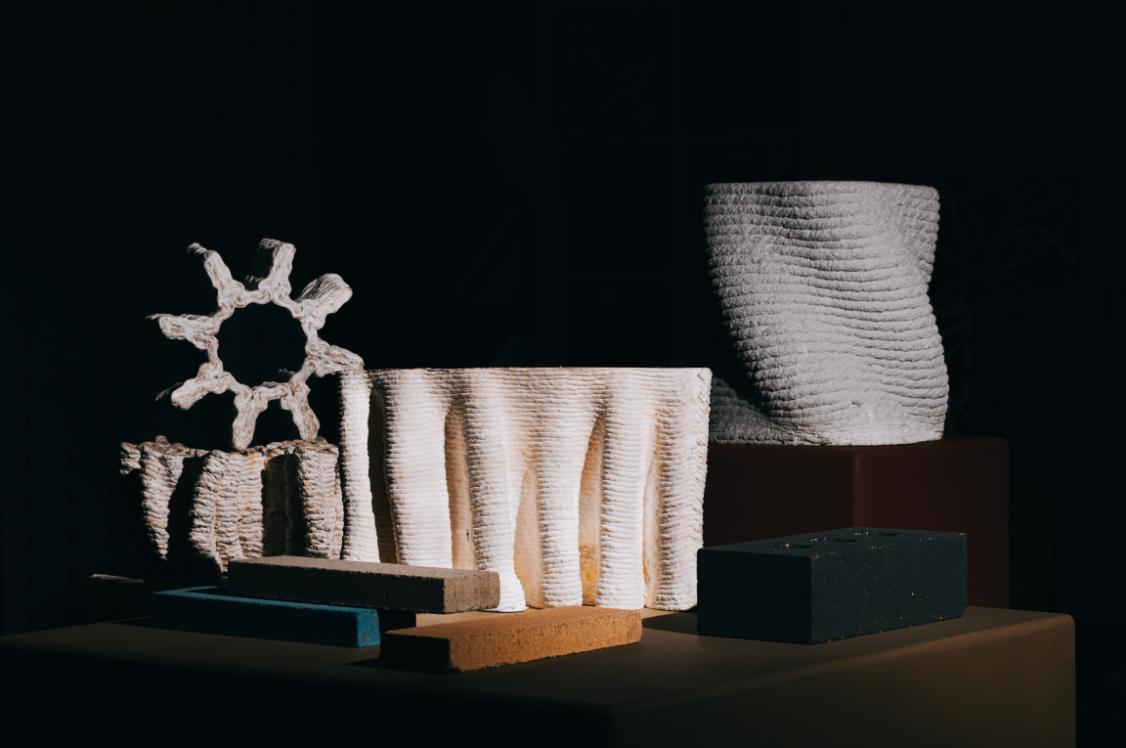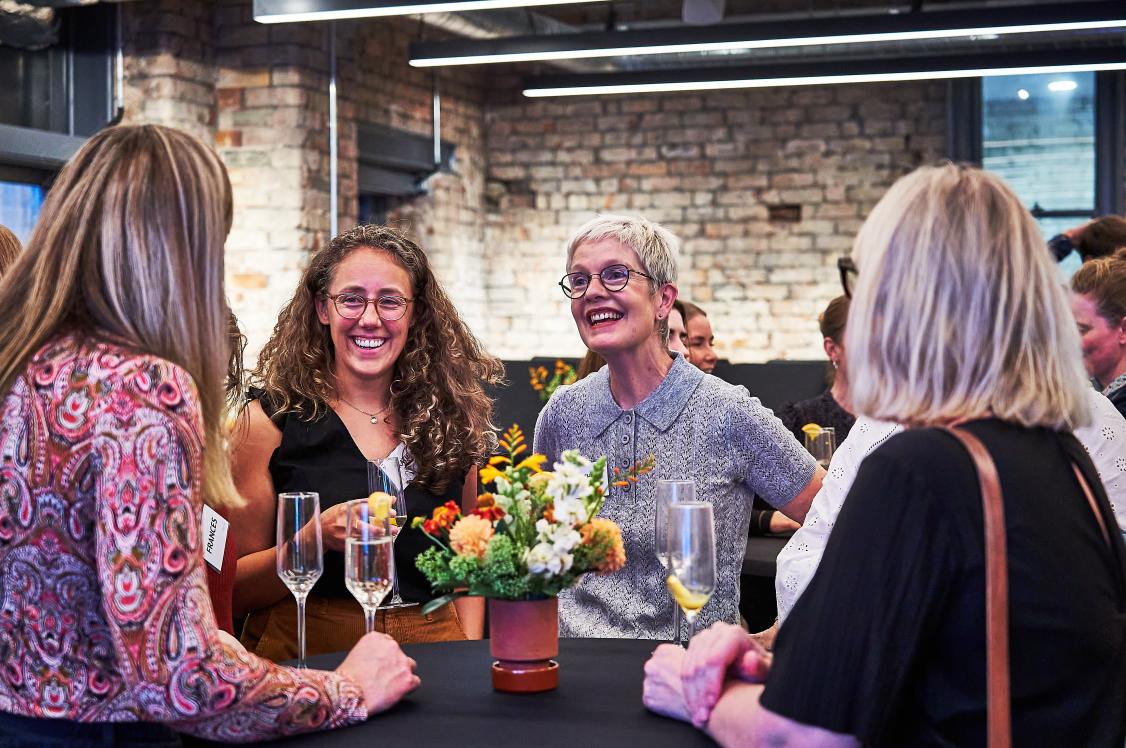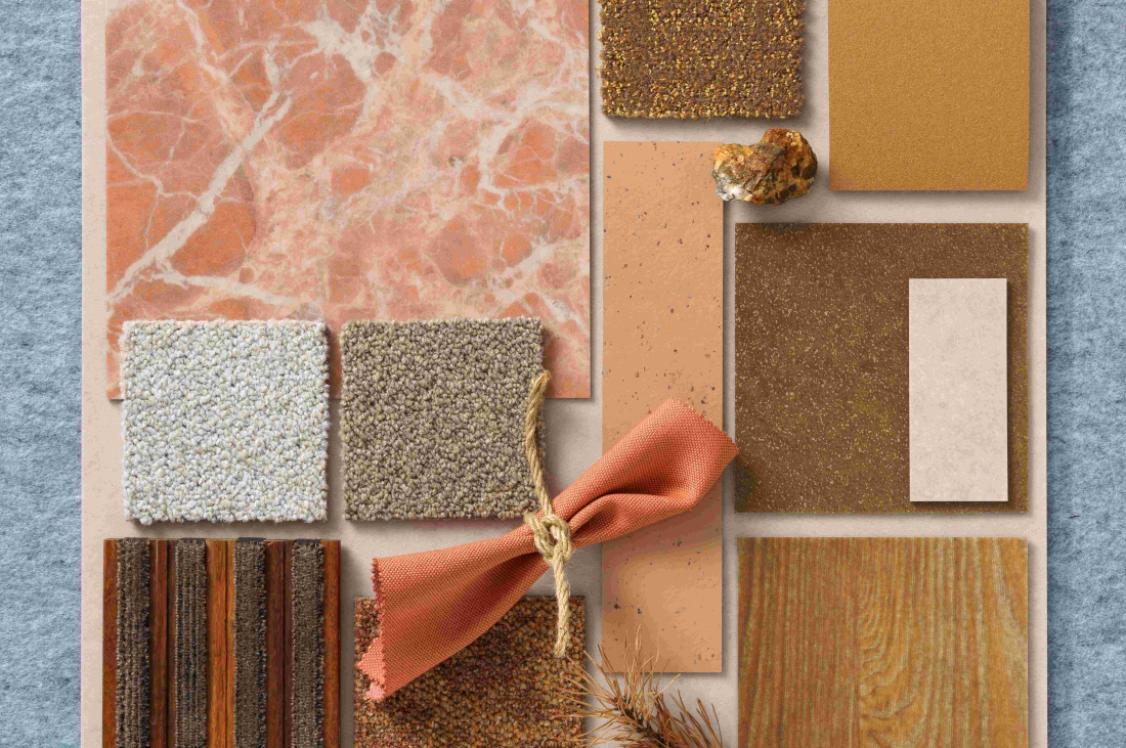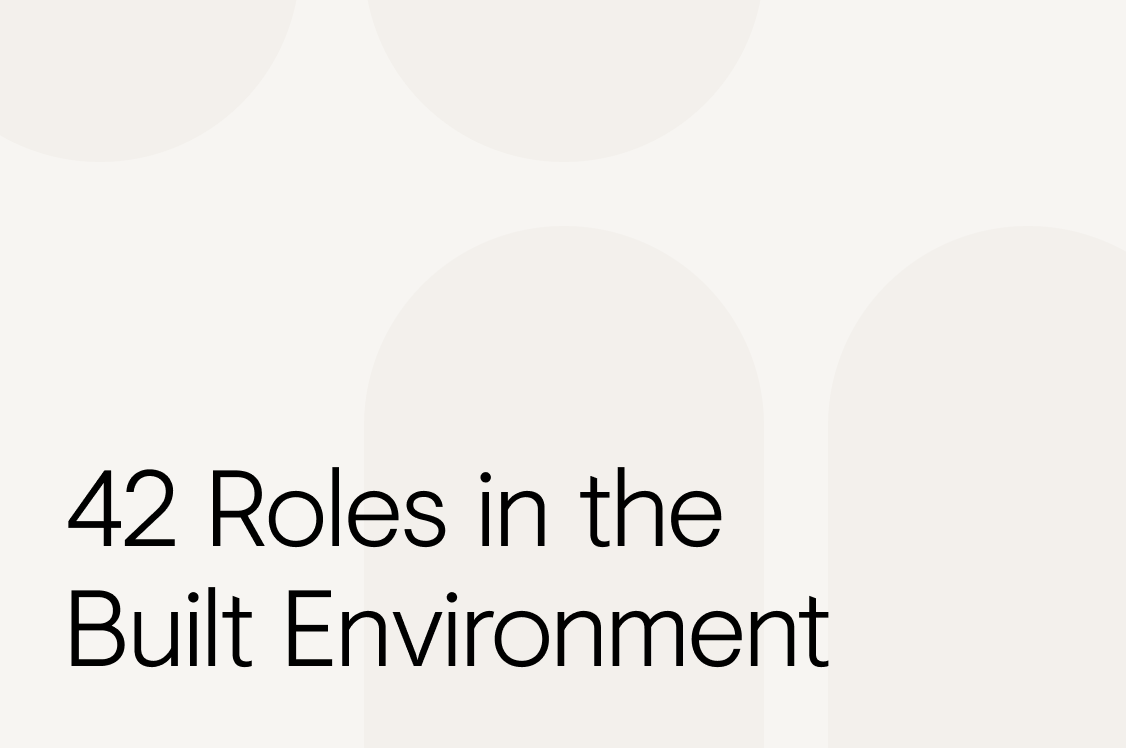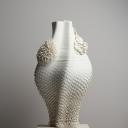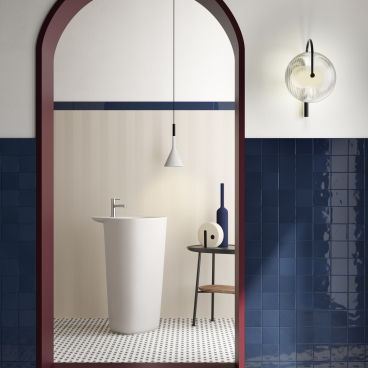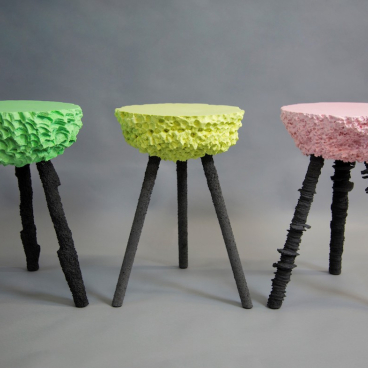Cob houses – built using a mixture of earth and natural fibre – have existed for centuries.
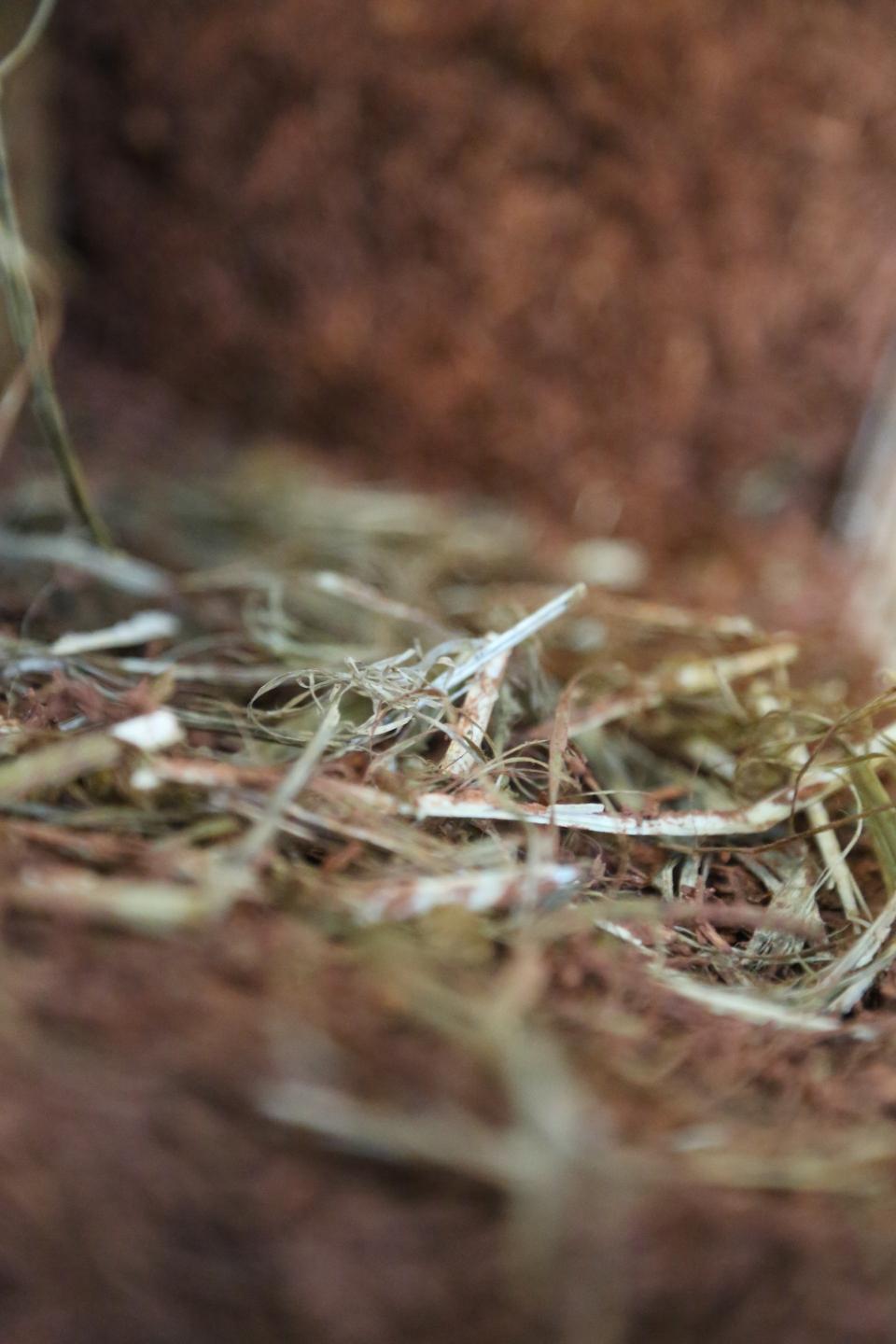
CobBauge - Fibres
A pioneering Anglo-French research project lead by the University of Plymouth and involving Norwich-based Hudson Architects to bring an ancient building technique into the 21st century has just won a major EU award.
Cob houses – built using a mixture of earth and natural fibre – have existed for centuries. Sadly, this beautifully tactile, natural and sustainable material did not satisfy contemporary building regulations – until now. The EU-funded CobBauge project reconciles cob construction with modern building standards and has been announced as the winner in the sustainability category at this year’s RegioStars awards in Brussels. Following this important award, the search is now on for projects in the UK and France where this ground-breaking research can be applied and monitored in practice.
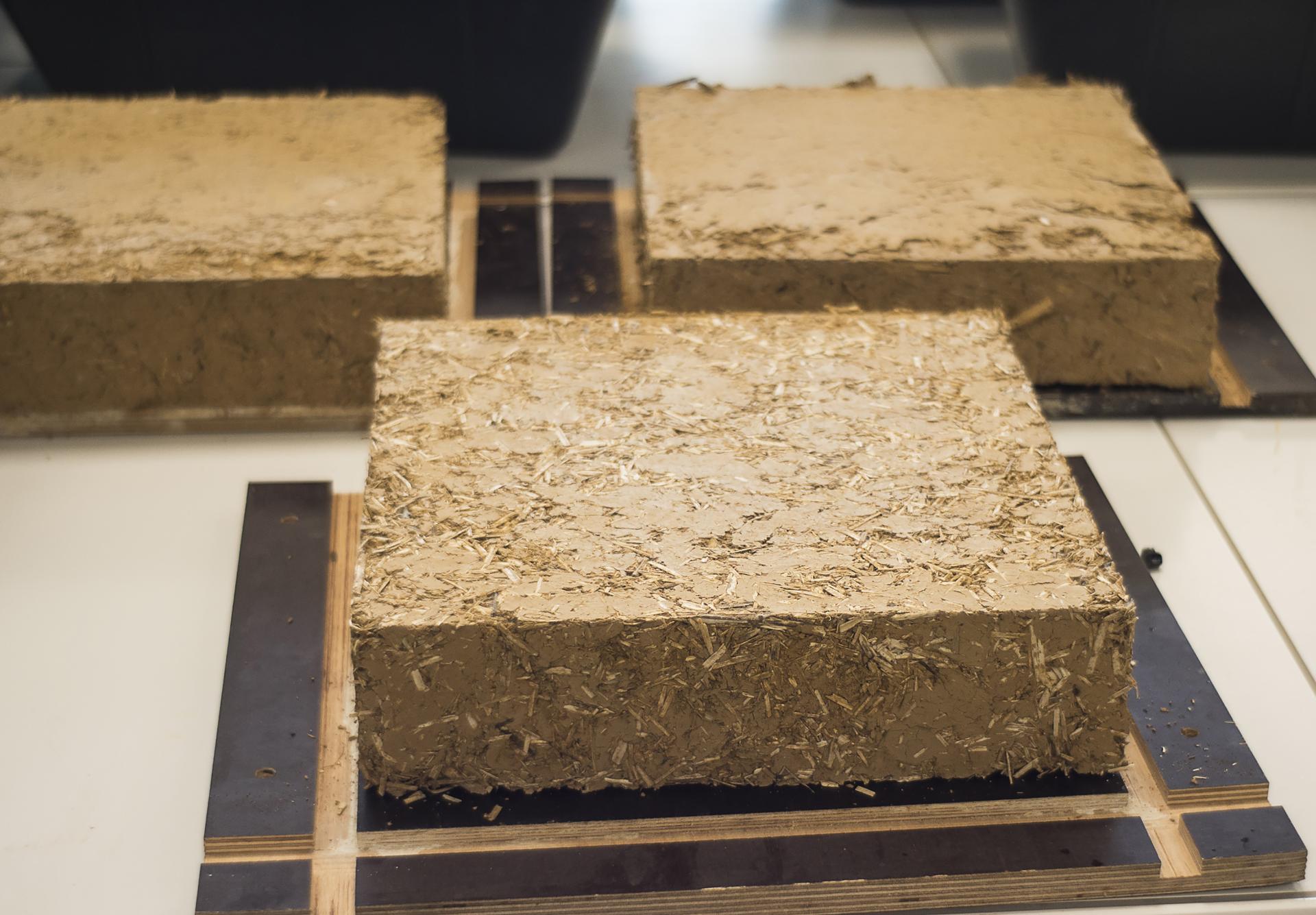
CobBauge - Test Tiles
Having received funding from the European Union’s Interreg VA France (Channel) England Programme and European Regional Development Fund (ERDF), the project completed its first phase in 2018. The main aim of the project has been to update and standardise the construction technique and by doing this, make way for a new generation of energy efficient homes.
Organised by the European Commission, RegioStars recognises Europe’s most innovative regional projects. CobBauge triumphed on the night winning from the 30 original entrants in the category. This award winning project lead by the University of Plymouth, is a collaboration between Earth Building UK and Ireland (EBUKI) and Hudson Architects in the UK, with French partners ESITC Caen, Parc naturel régional des Marais du Contentin et du Bessin (PnrMCB) and the University of Caen.
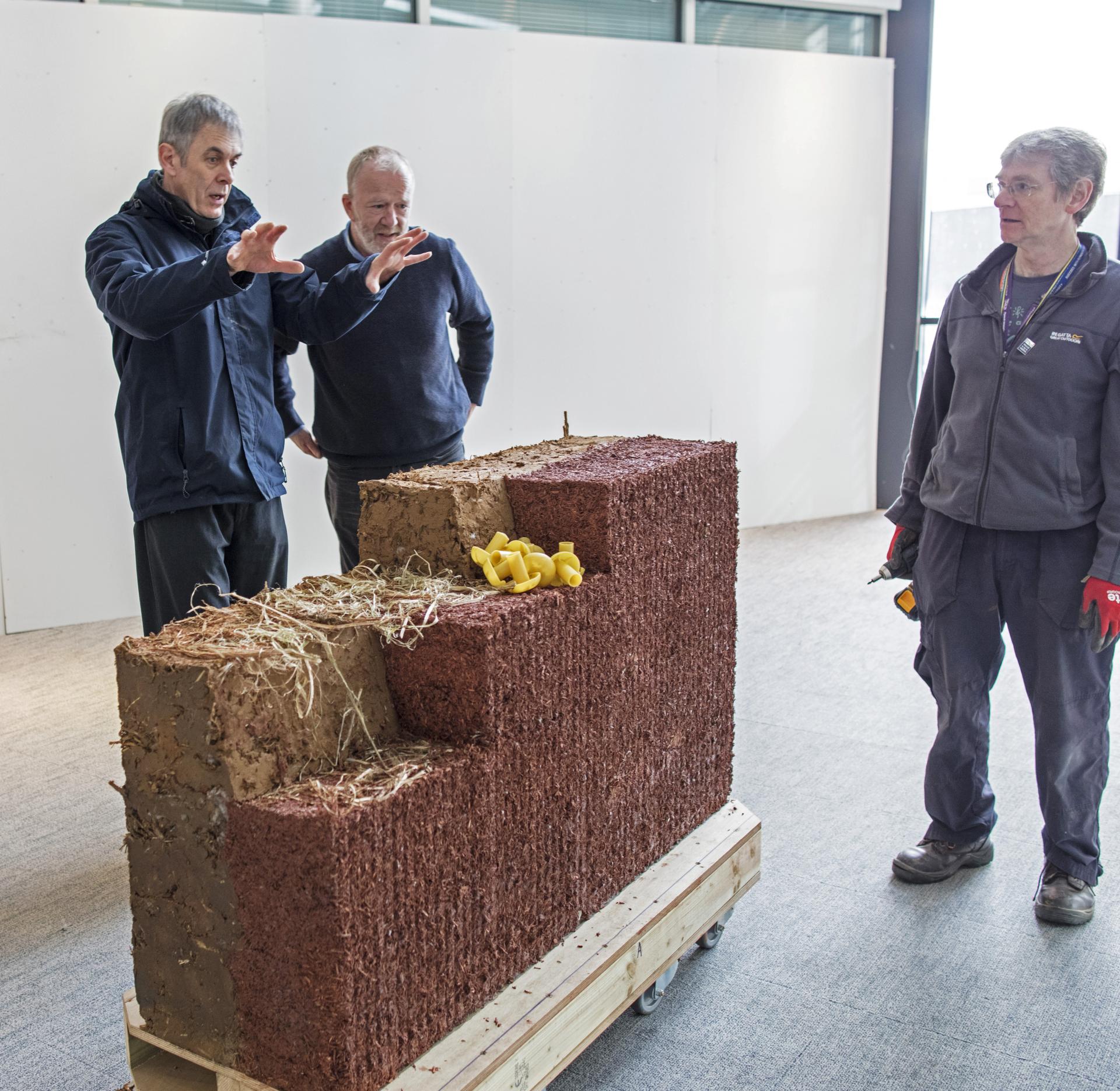
CobBauge - Test Wall
Cob houses have existed in the south of England and northern France for centuries; however, it is only through the phase 1 CobBauge innovation that cob will comply with thermal regulations on both sides of the channel (UK (Part L), and France (RT2012)). The project received an additional €4m in funding from the EU this year to launch a second phase, which will run until 2023 and will include the construction of at least two full-sized buildings.
In both countries, the search is now on for a building project on which to trial the new material. Members of the public with a house building project in mind can benefit from this pioneering research and secure themselves a contemporary cob building.
Homeowners and builders with potential projects are encouraged to contact the project team to continue the work on this new, and yet somewhat ancient technology. Once a site has been identified, Hudson Architects - who have been working within the CobBauge team - will utilise their design understanding of the material to help detail and construct the UK based pilot house. Once these homes have been constructed, they will be monitored to assess energy use, thermal conditions and indoor air quality, facilitating comparisons with equivalent, conventionally constructed homes.
Learn more at Plymouth University & Hudson Architects.




